How to Hire a Revenue & Sales Consultant

How to Hire a Revenue & Sales Consultant

Why Vetting a Revenue & Sales Consultant Matters
Bringing in a revenue or sales consultant can be a game-changing move—especially for companies at an inflection point. But choosing the right consultant isn’t just about hiring someone with the right resume. It’s about finding someone who understands your business, integrates well with your team, and can drive results that stick.
Sales consultants, business development advisors, and GTM strategists can quickly spot inefficiencies, design better systems, and create a path to sustainable growth. But not all consultants are created equal. A misaligned hire can drain time, money, and morale.
At Digital Reference, we’ve spoken to hundreds of operators and founders about what makes a revenue consultant effective. This guide pulls from those insights to help you vet with more clarity and confidence.
Step 1: Define What You Actually Need
Revenue consultants come in different flavors. Before you even start interviewing candidates, get clear on what your team actually needs. Here are a few common use cases:
🔹 Sales Consultant
- Help with outbound strategy or closing rates
- Build or optimize a sales playbook
- Train and coach an underperforming sales team
🔹 Business Development Consultant
- Explore new partnerships or channel strategies
- Navigate market expansion or vertical alignment
- Identify strategic revenue streams beyond direct sales
🔹 GTM (Go-To-Market) Advisor
- Launch a new product or service
- Align sales, marketing, and CS for rollout
- Refine positioning and sales enablement materials
Clarifying the core pain points (and what success looks like) will save time and attract more aligned candidates.
Step 2: Assess Track Record—But Context Matters
When reviewing a consultant’s background, look for alignment—not just logos. Have they:
- Worked with businesses at your size or stage?
- Supported teams in your industry or model (SaaS, services, ecommerce, etc.)?
- Solved the types of problems you’re facing now?
Experience at a household-name company doesn’t guarantee success at your startup. A consultant who’s helped multiple seed-stage teams figure out product-market fit may be a better fit than someone who scaled revenue at a unicorn.
✅ Ask for context: “Can you share the size of the team or budget you were working with?”
✅ Ask for outcomes: “What metrics improved as a result of your work?”
✅ Ask for lessons: “What’s one thing you learned from that engagement?”
Step 3: Dig Into Their Frameworks
The best consultants have a point of view. That doesn’t mean they have a rigid playbook—but they should be able to articulate how they approach a problem, what questions they ask first, and what tools they bring to the table.
🚩 Red flag: Vague answers like “I just dive in and see what’s going on.”
You want to understand how they prioritize, how they measure success, and how they’ve adapted their methods for different companies.
✅ Ask: “Walk me through your approach for diagnosing a broken sales funnel.”
✅ Ask: “What inputs do you need to be effective?”
✅ Ask: “How do you help teams stay accountable once a plan is in place?”
Step 4: Get a Feel for Their Communication Style
Communication is often the biggest differentiator between a great consultant and an average one. You’re hiring someone to help make things clearer—not more chaotic.
During your conversations, notice:
- Do they ask thoughtful questions?
- Do they explain their thinking in a way your team can follow?
- Do they have opinions without being rigid?
- Do they tailor their language to your level of knowledge?
Bonus tip: Ask how they communicate progress and updates. Do they provide regular reports, async updates, or live working sessions?
Step 5: Align on Scope, Cadence, and Ownership
The best consultants will help you co-create a scope that matches your goals and constraints. Be wary of people who can’t (or won’t) give a clear sense of:
- What work they’ll do directly
- What they expect your team to handle
- How much time they’ll commit per week
Clear boundaries and expectations help ensure momentum and reduce scope creep.
✅ Ask: “What does a typical month working with you look like?”
✅ Ask: “How do you balance strategic advising with hands-on work?”
✅ Ask: “What does success look like after 90 days?”
Step 6: Ask for Professional References or Case Studies
Good consultants are proud of their work—and the people they’ve helped will usually be happy to vouch for them. Ask for:
- A recent reference you can speak to
- A written case study with before-and-after results
- A client testimonial that aligns with your type of business
If they don’t have formal case studies, ask them to talk through a specific client engagement in detail.
Step 7: Check Cultural Fit—Especially with Sales Teams
A consultant who doesn’t mesh with your internal team can create friction. This is especially true in sales, where confidence, trust, and motivation are central to success.
Consider:
- How do they build credibility with sales reps?
- Can they coach without condescending?
- Are they empathetic to the realities of quota pressure, startup chaos, and limited resources?
If possible, bring a few members of your team into the vetting process. See how the consultant interacts with people at different levels.
Bonus: Questions to Ask in the Interview
Here’s a rapid-fire list of questions to help you go deeper in your vetting:
- What types of clients do you do your best work with?
- What does your discovery process look like?
- Can you share an example of a project that didn’t go as planned—and what you learned?
- How do you make your work stick after the engagement ends?
- What tools or platforms do you typically work within?
- How do you tailor your work for different teams or industries?
Final Thoughts: Revenue Requires Trust
Hiring a revenue or sales consultant is more than a tactical decision—it’s a relationship. The best consultants bring clarity, confidence, and energy to your team. They make you feel like you’re not carrying the burden alone.
By asking the right questions and aligning early on scope, outcomes, and communication—you increase your chances of finding a consultant who not only delivers, but elevates your team in the process.
Looking to find your next sales, GTM, or BD partner? If you're navigating your own revenue strategy challenges, visit our Fractional Revenue Talent Directory to find professionals who can help.
- How to Hire a Fractional Executive: A Guide for Founders and Operators
This is your tactical playbook for identifying, vetting, and onboarding the right fractional leader for your business stage.
At Digital Reference, we empower revenue consultants and sales experts to showcase their expertise through structured, verified insights, helping them build credibility in a competitive industry. If you’re looking to elevate your career, join Digital Reference today and take control of your professional narrative!
Written by the Digital Reference editorial team. We exist to bring transparency to the world of fractional and independent talent.
Subscribe to our newsletter
We'd love to have you follow our journey, learn about to new features and functionality, and get access to talent ecosystem news.

.jpeg)
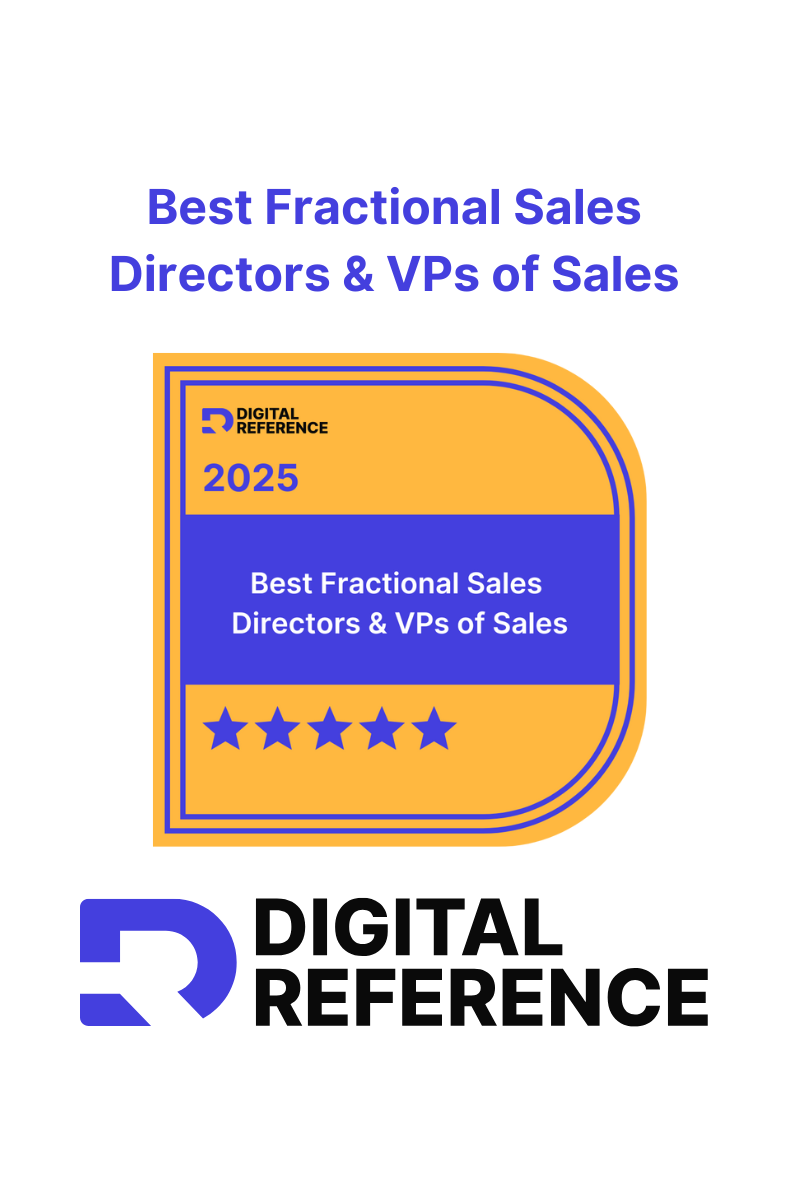

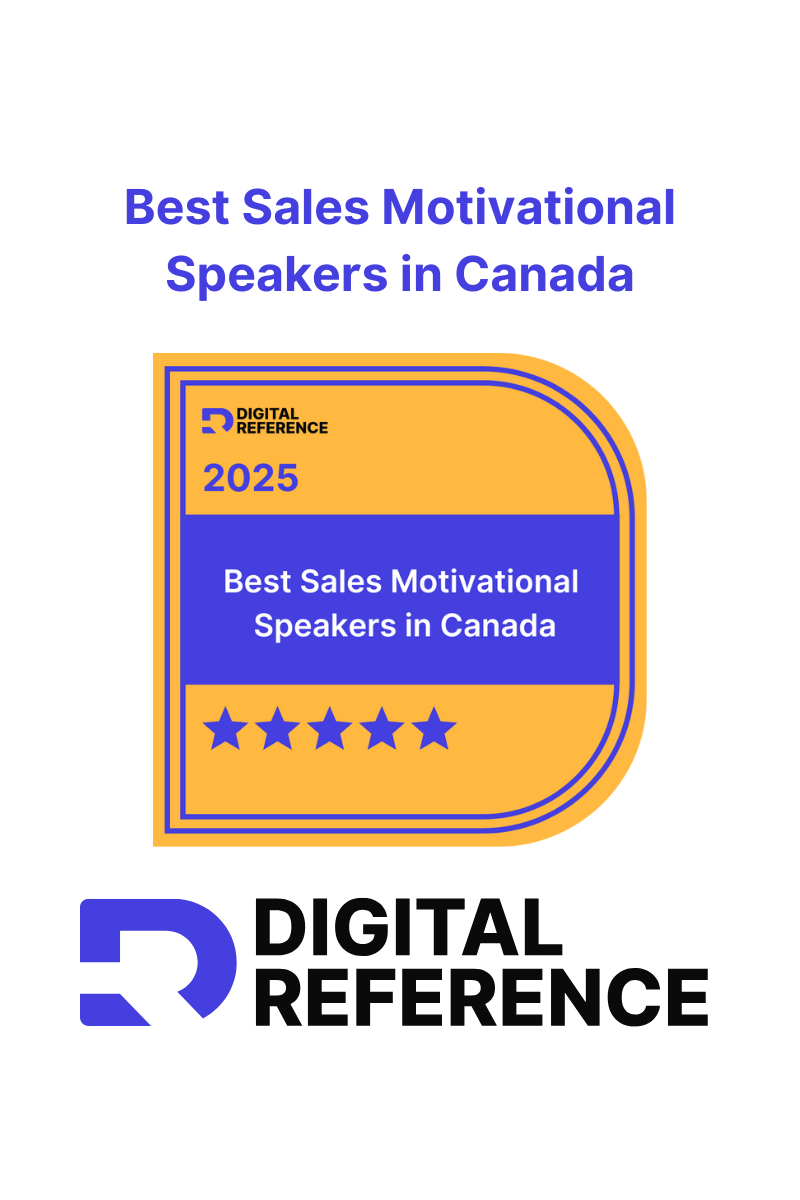

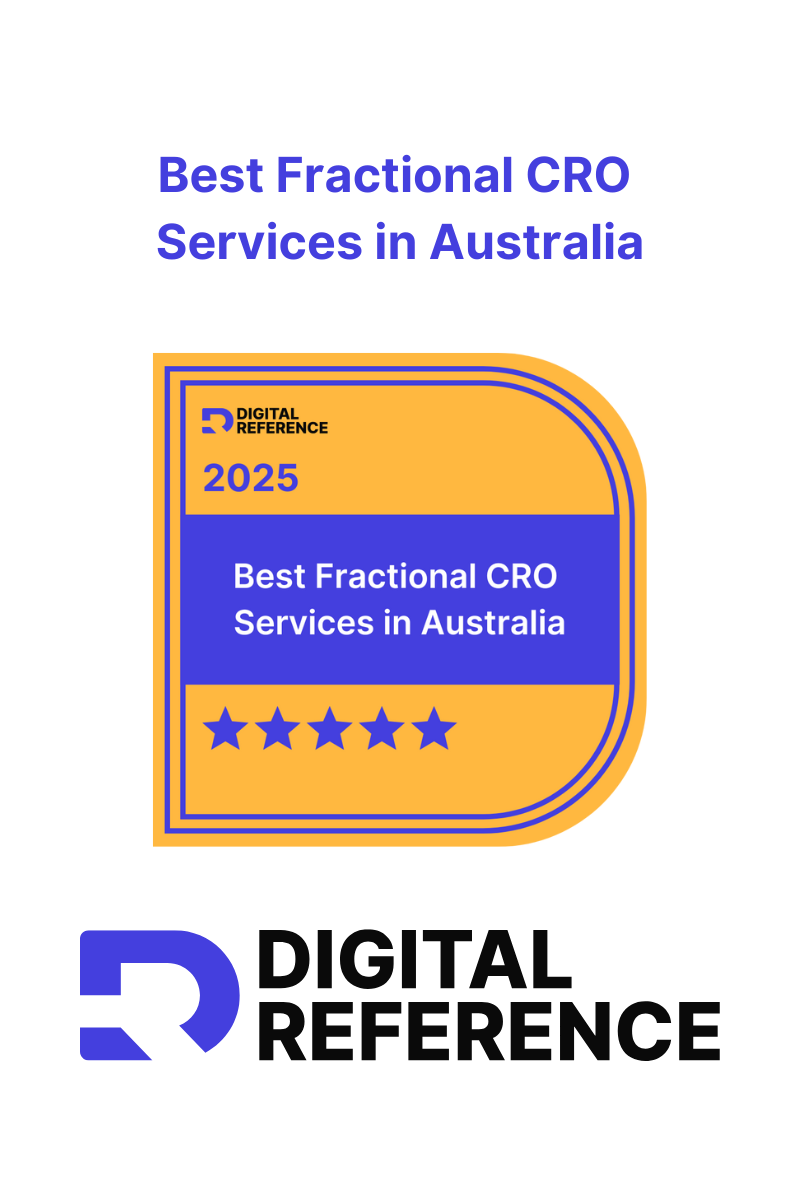
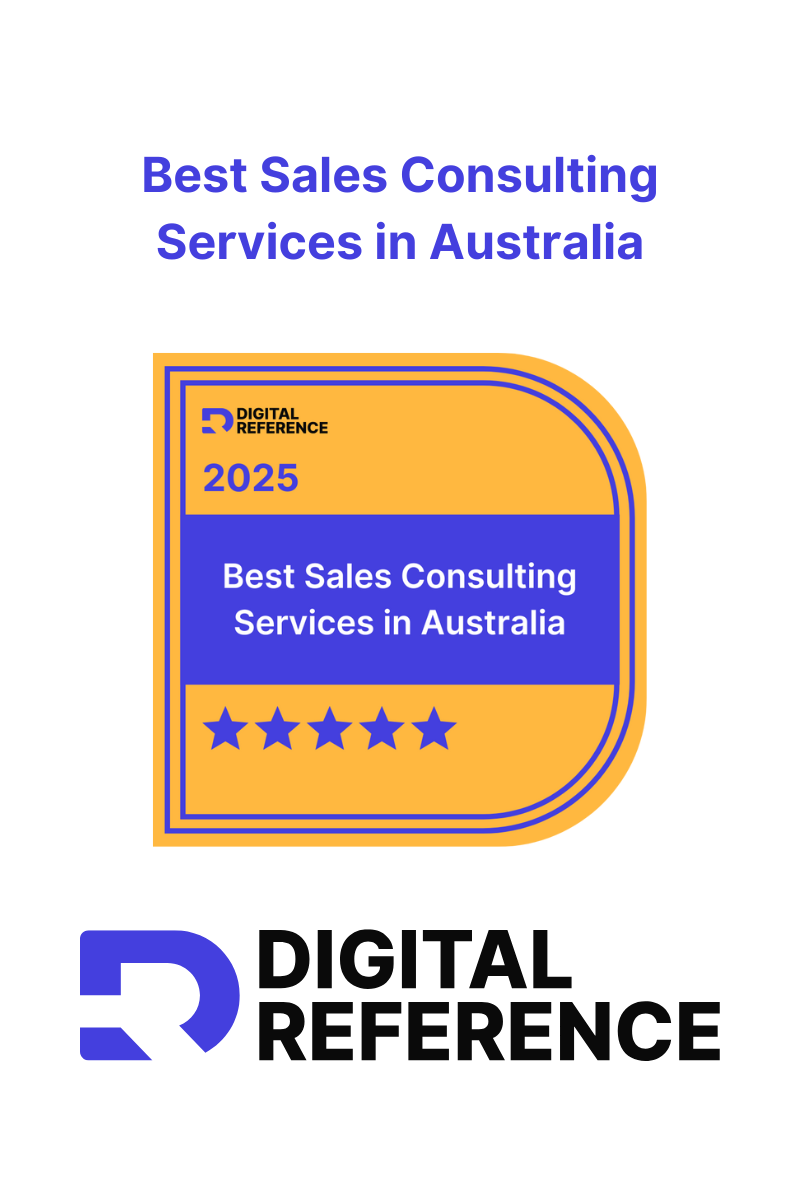
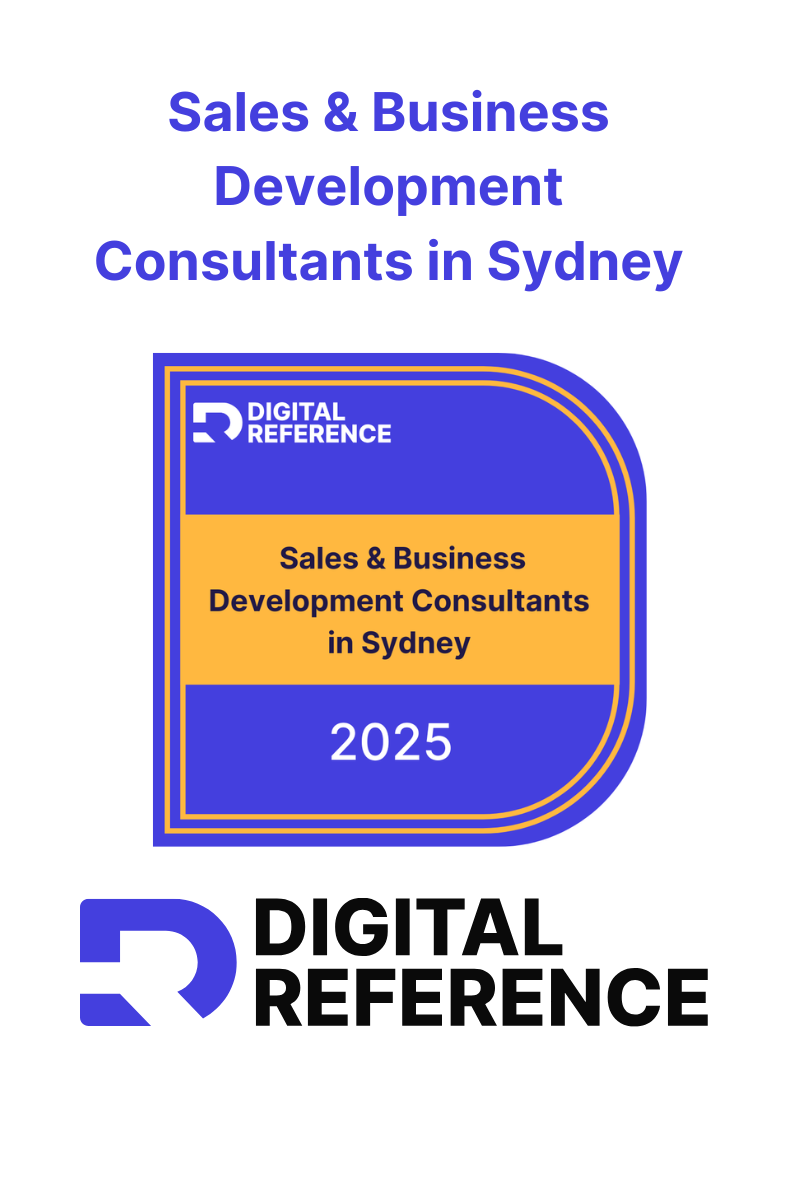
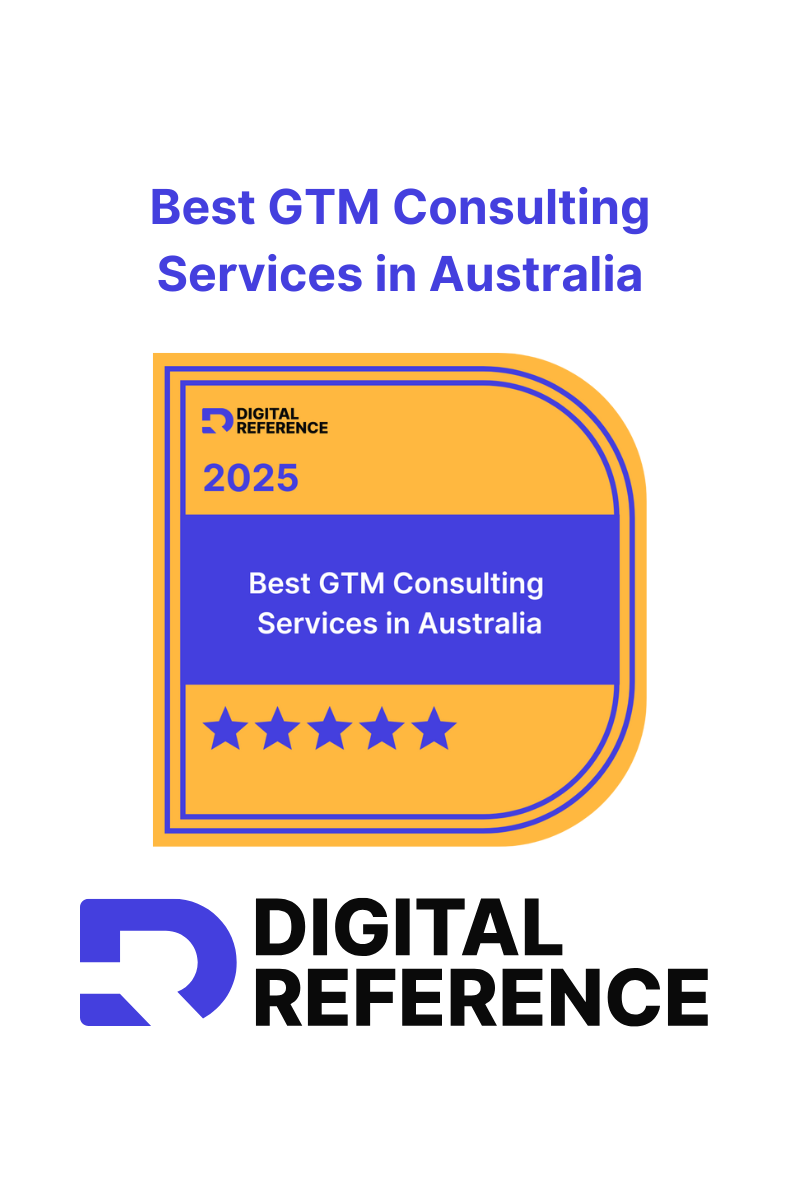
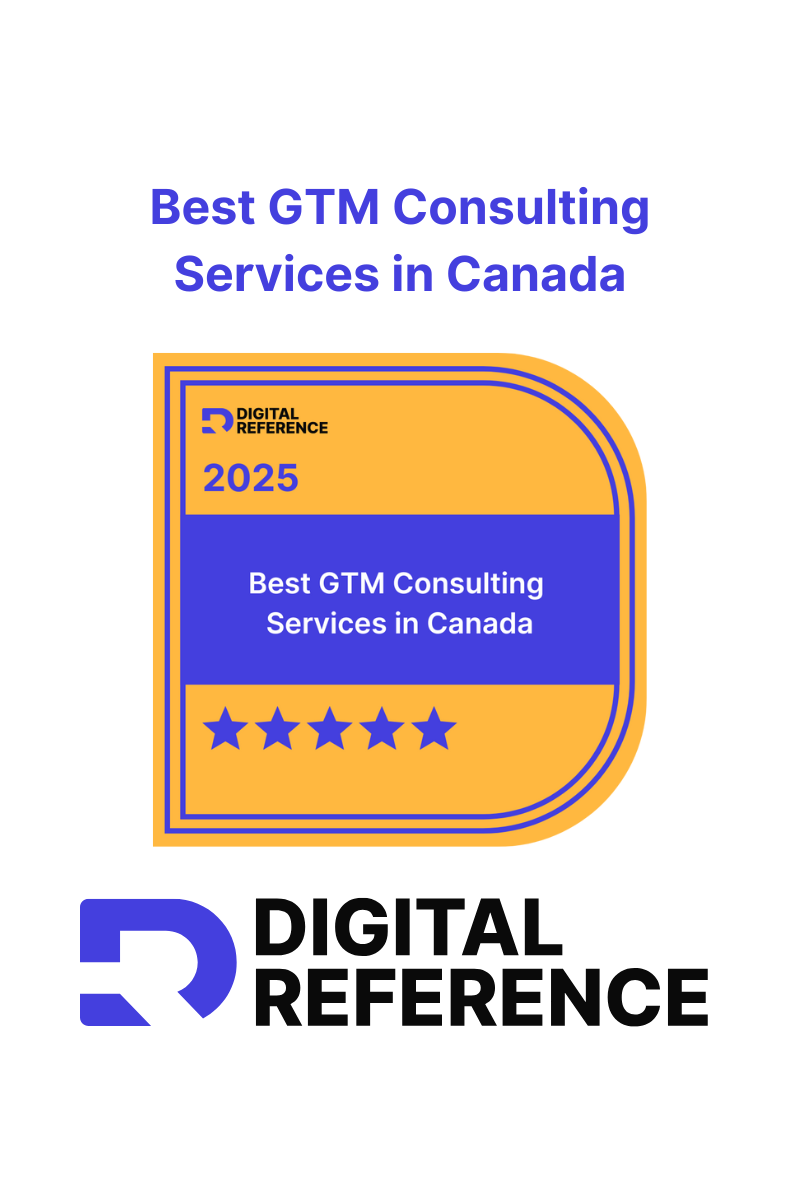
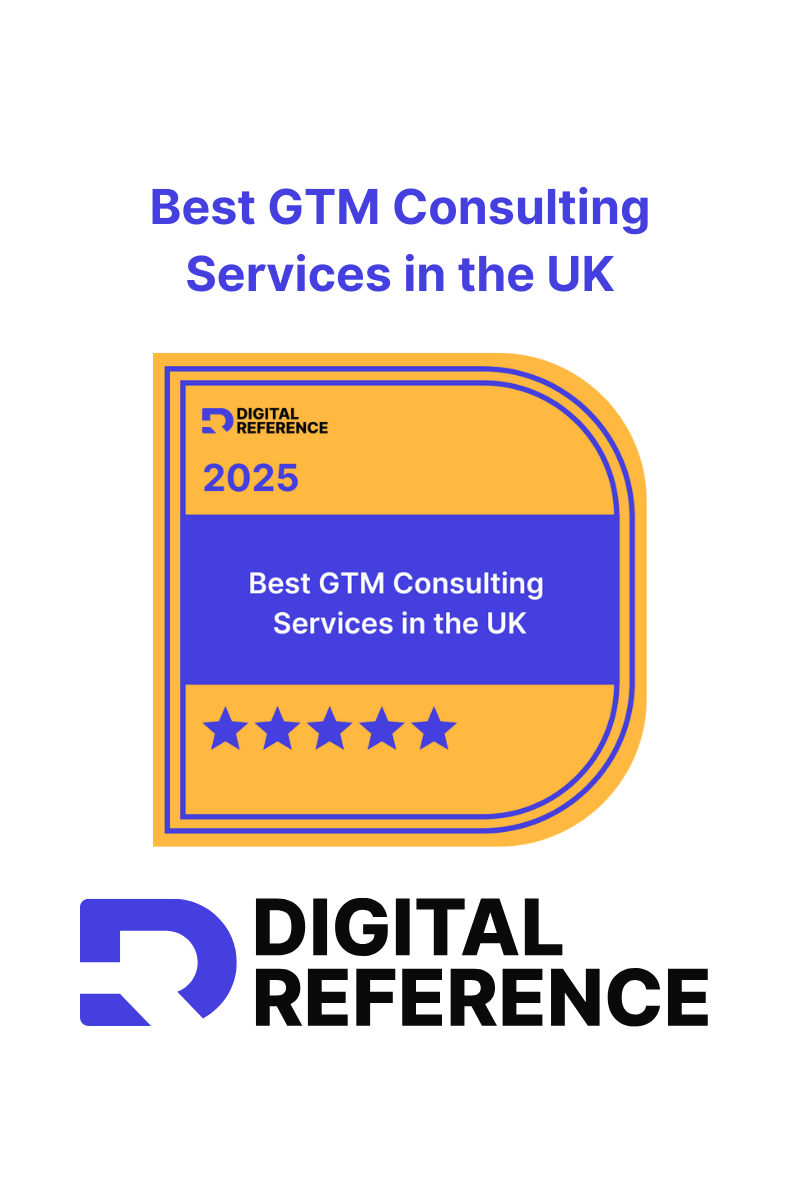
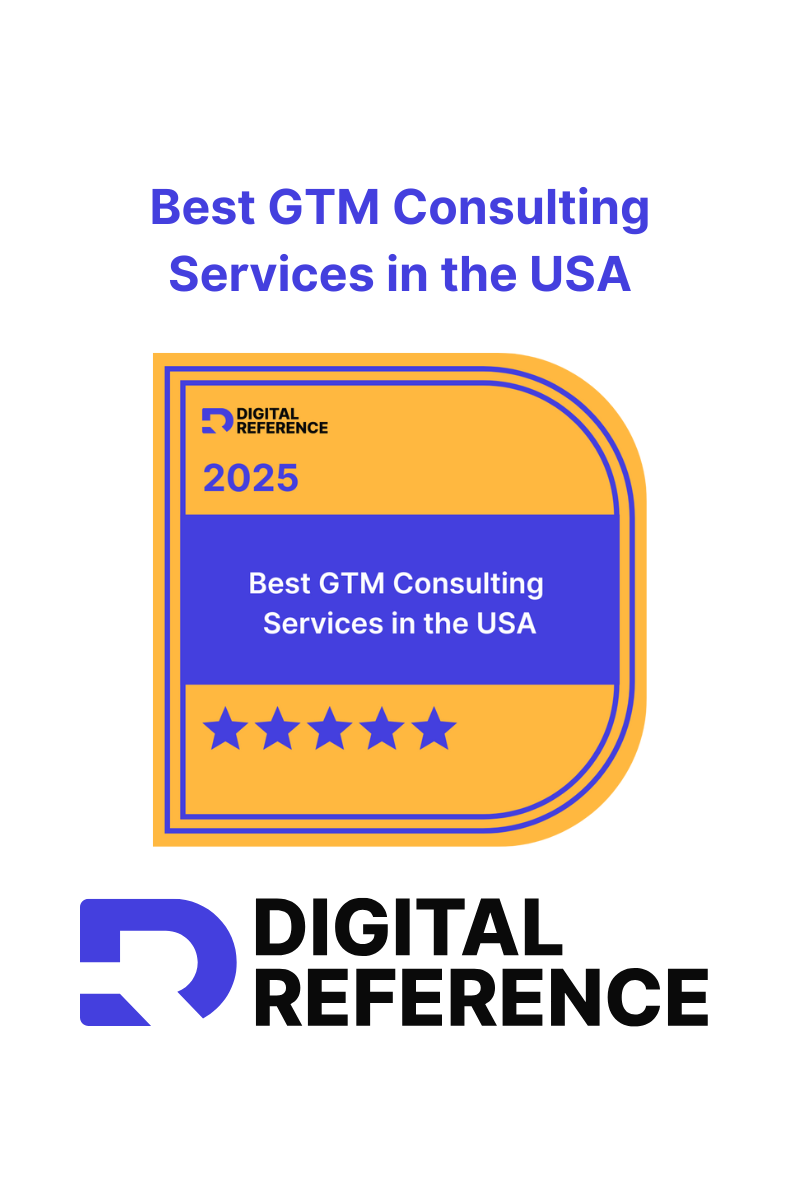
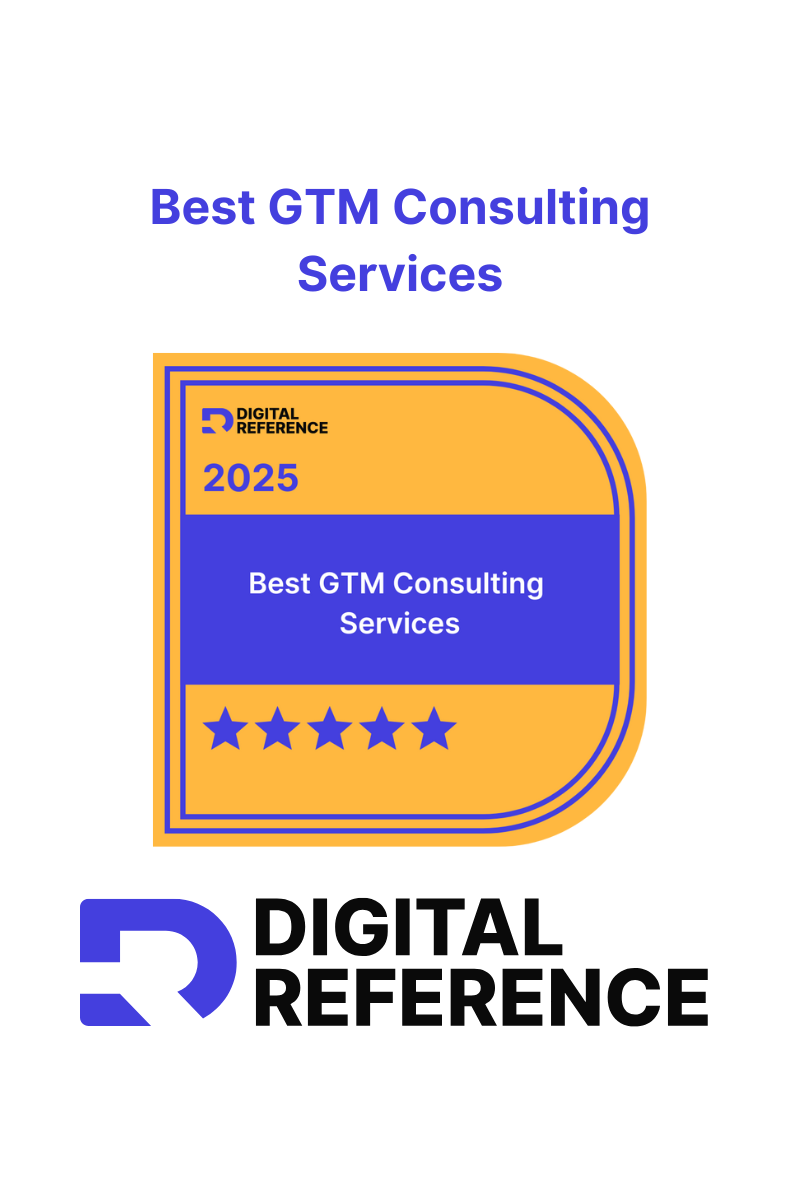

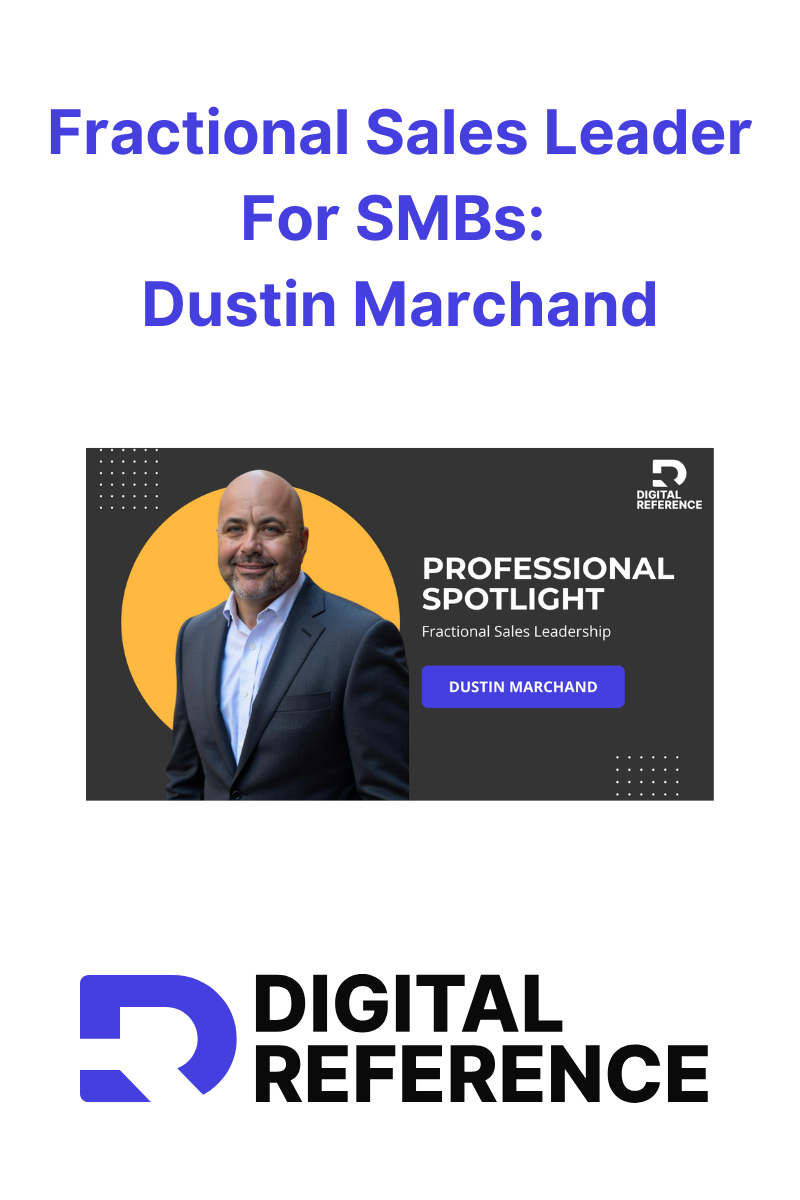

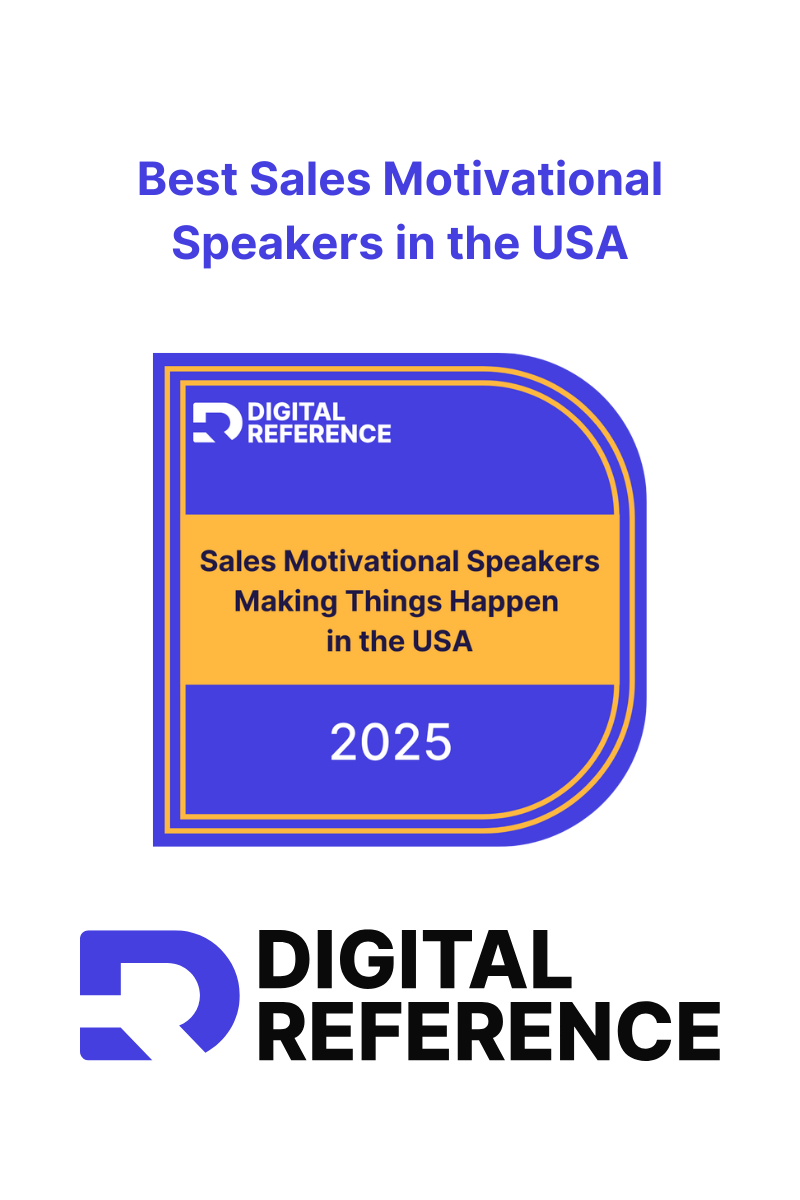
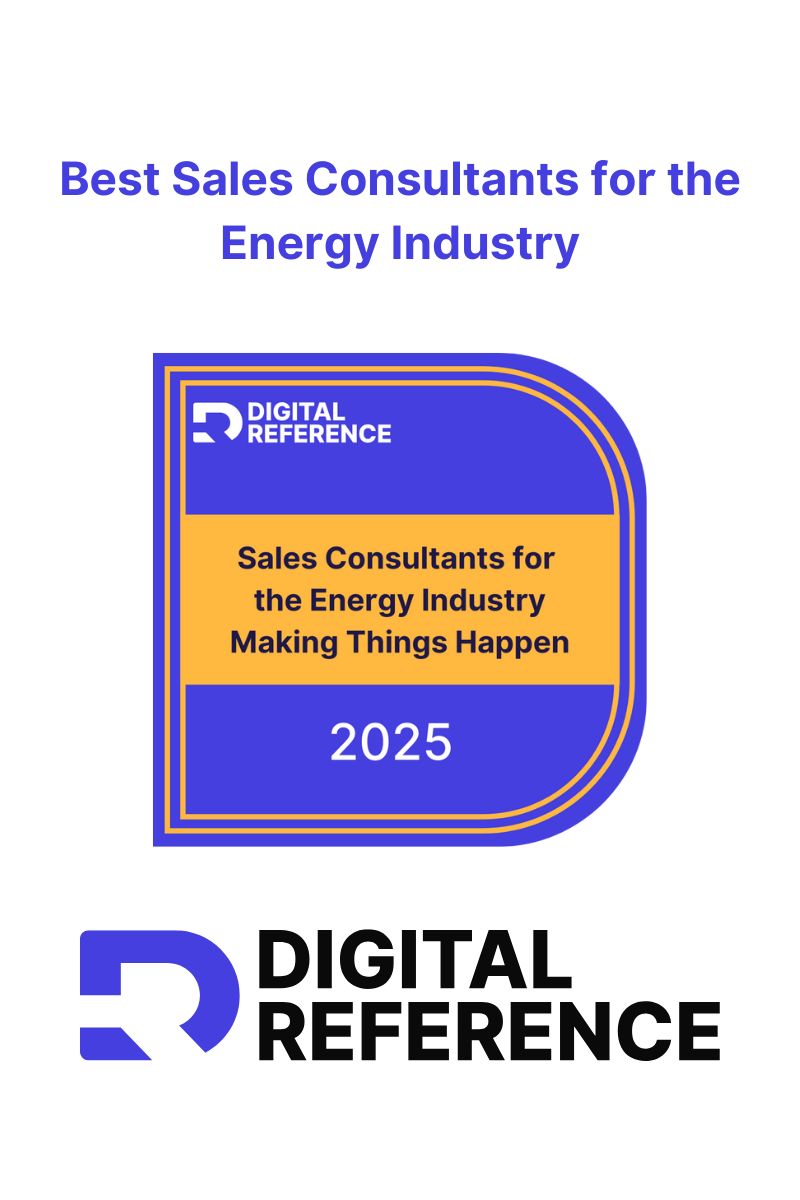

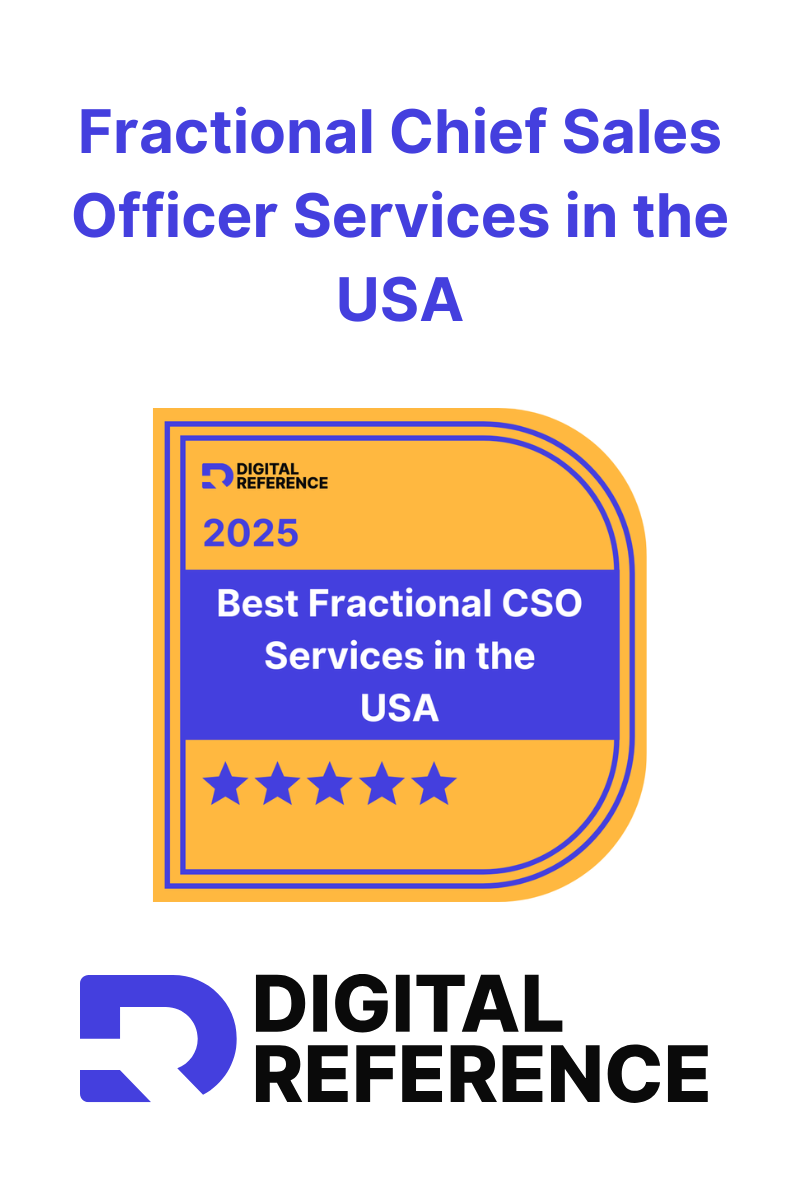



.png)
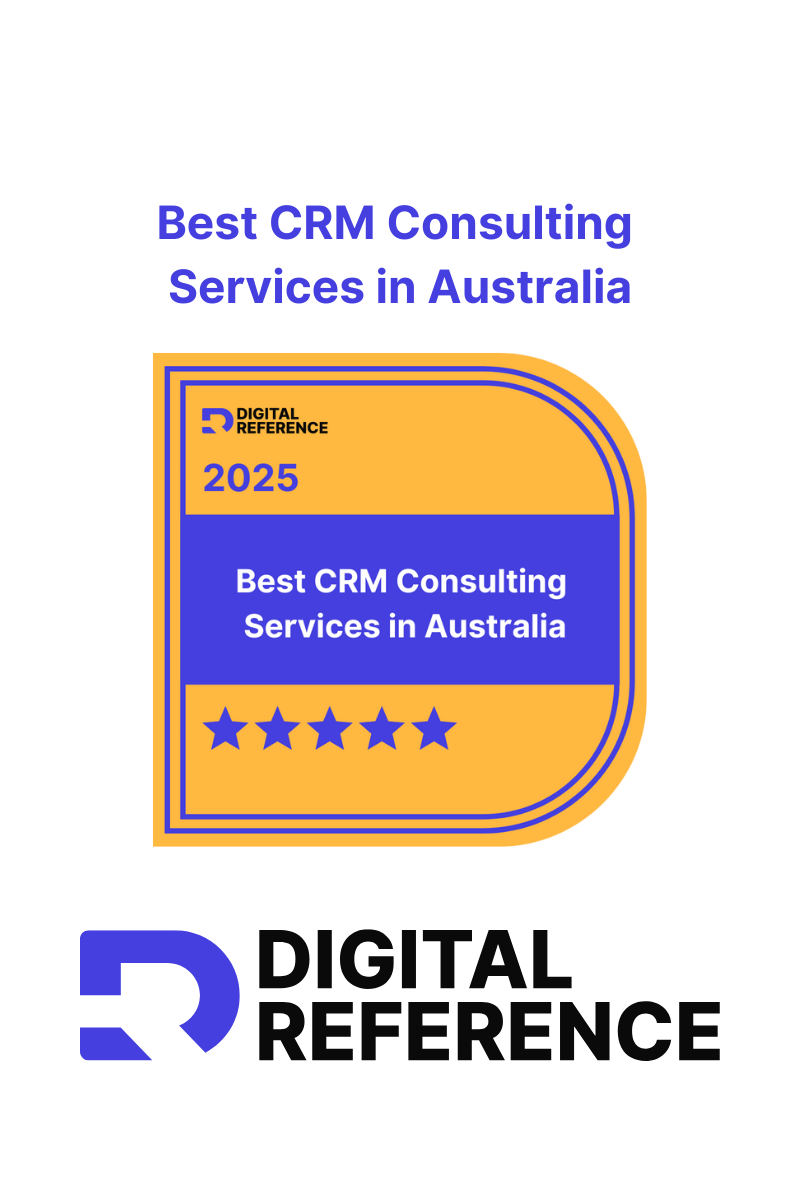
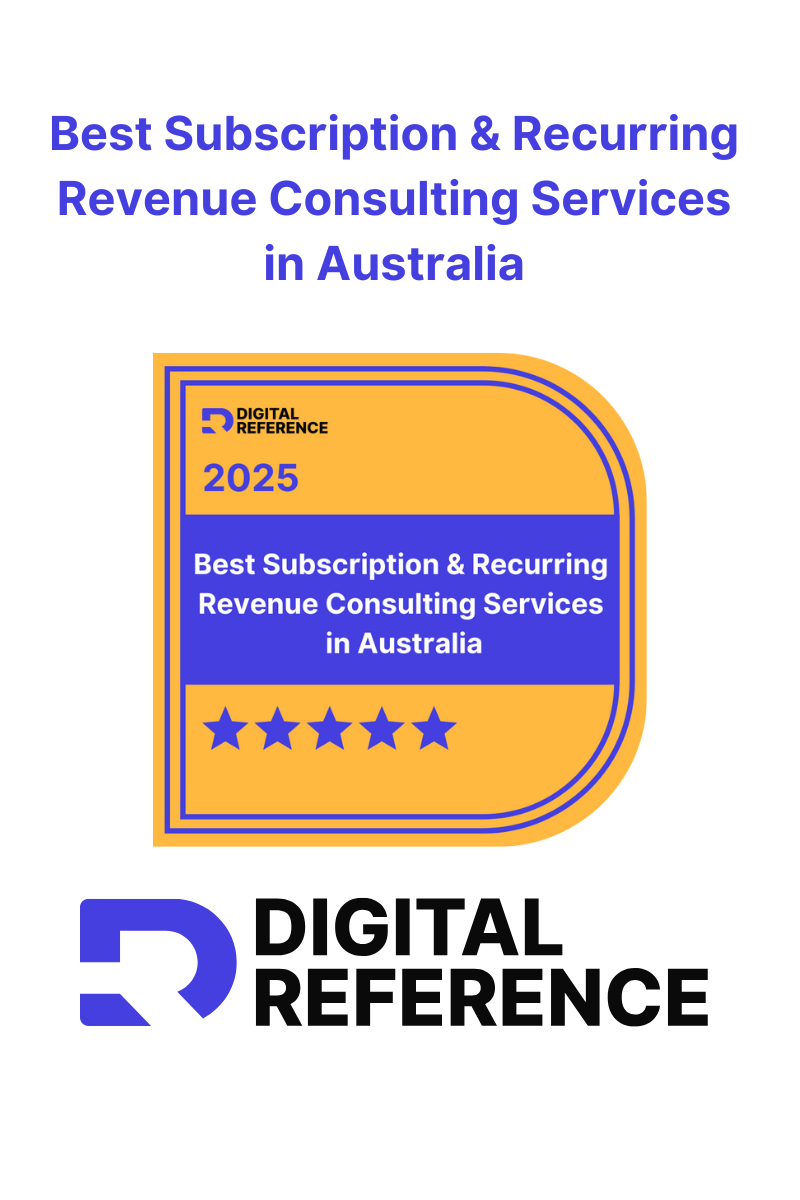
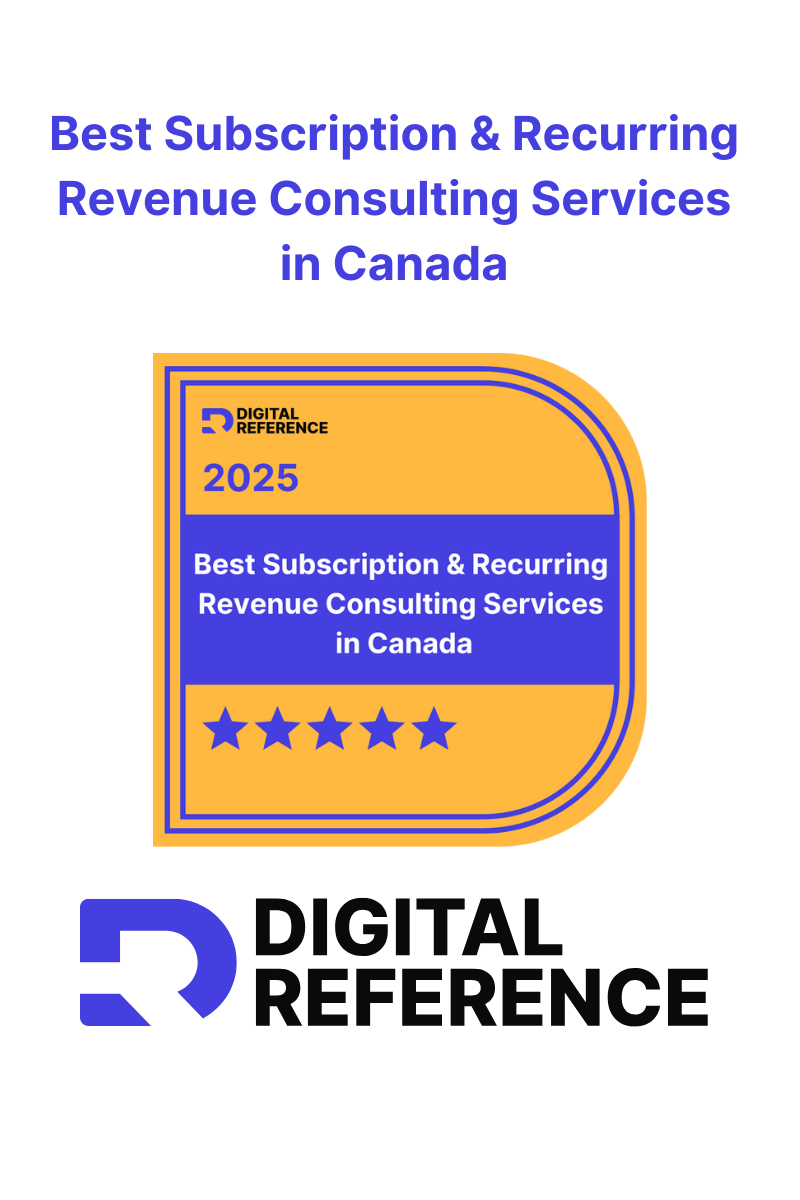
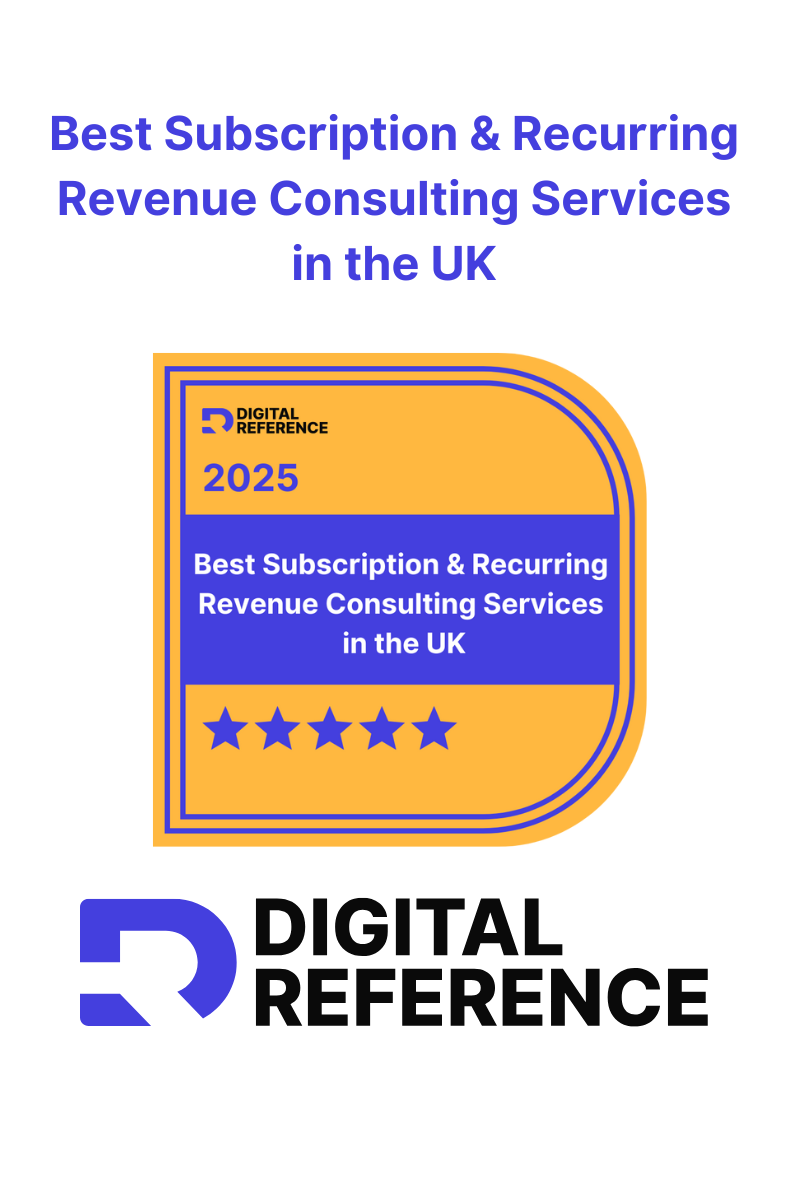
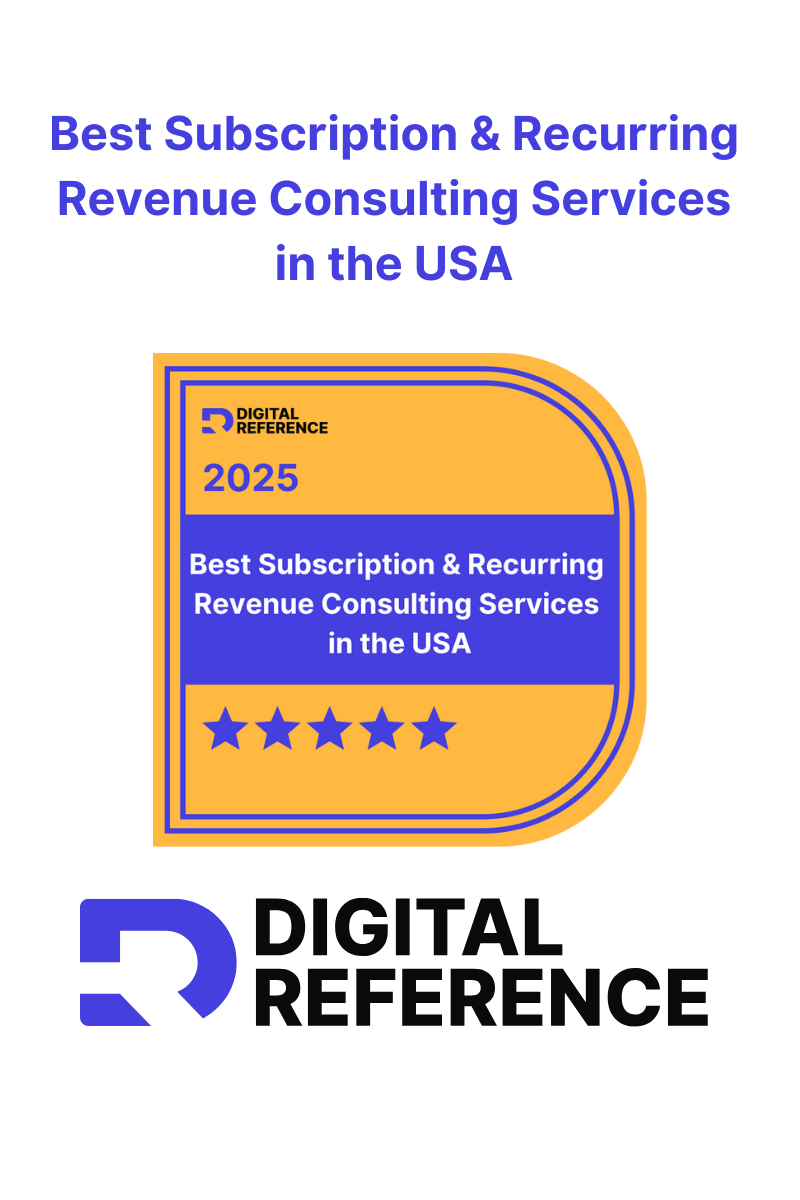
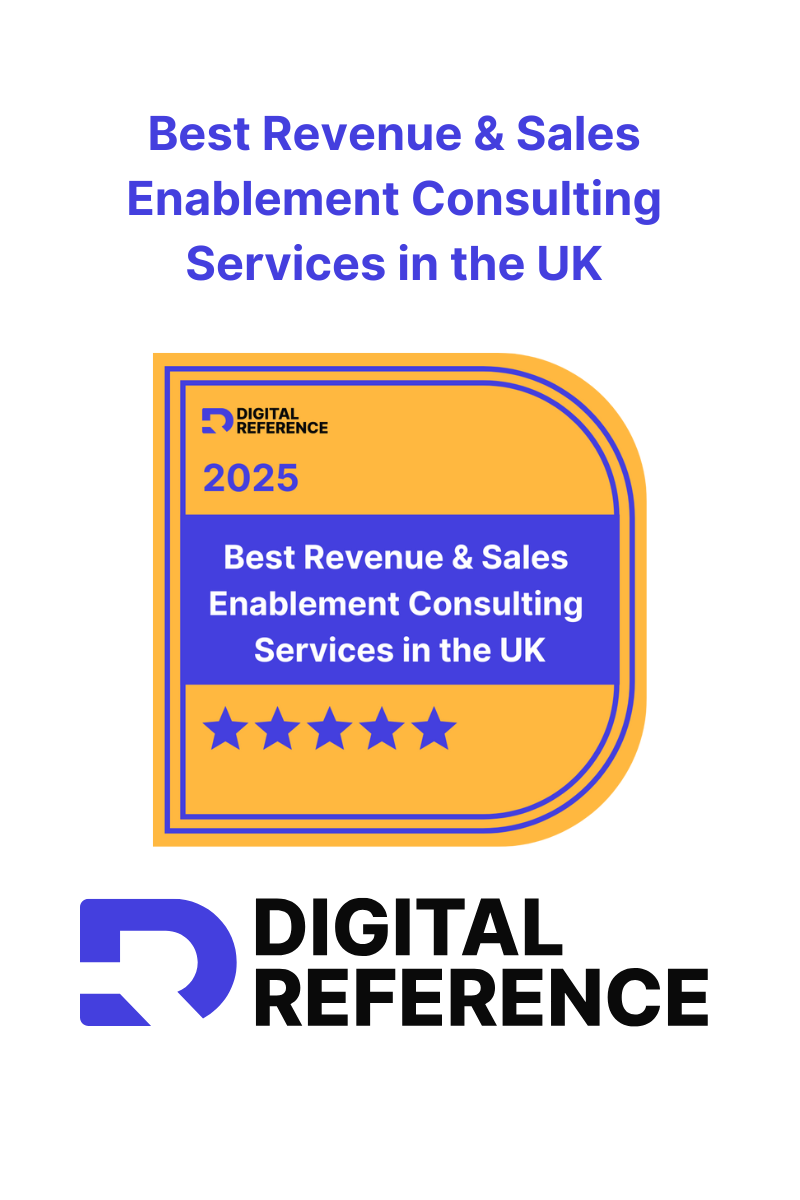
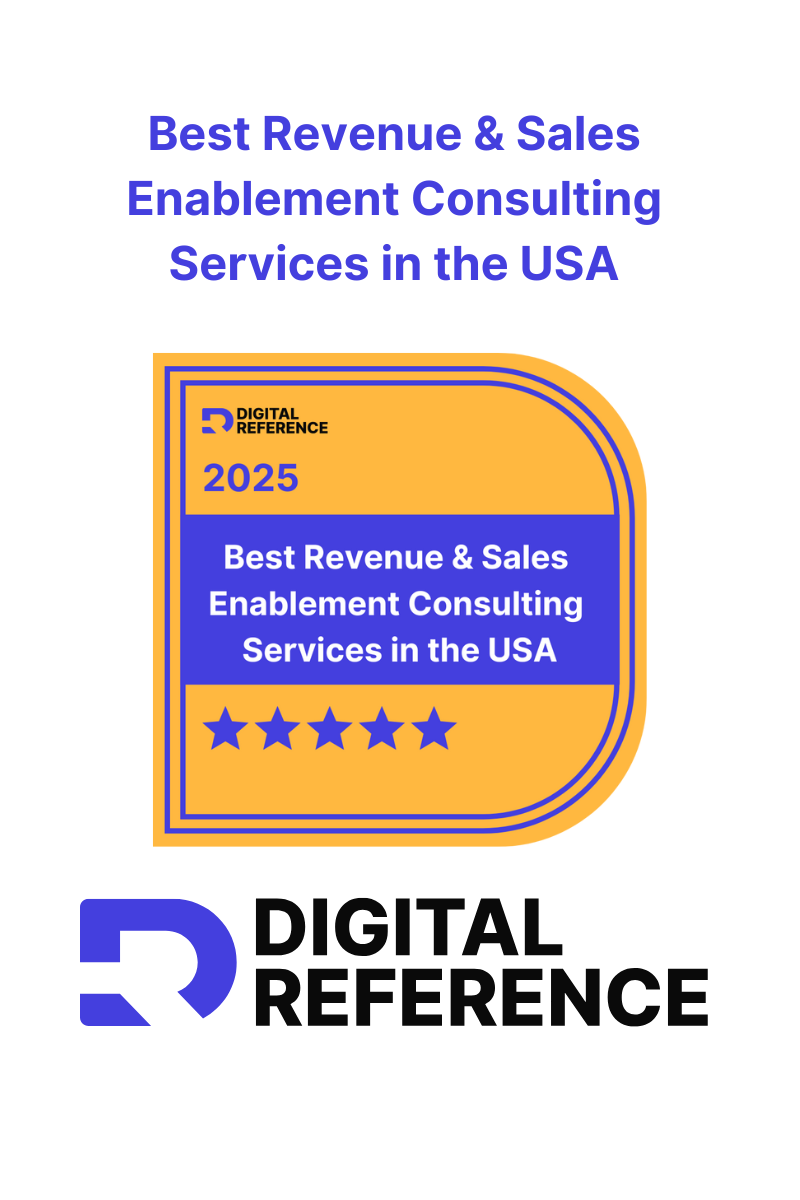
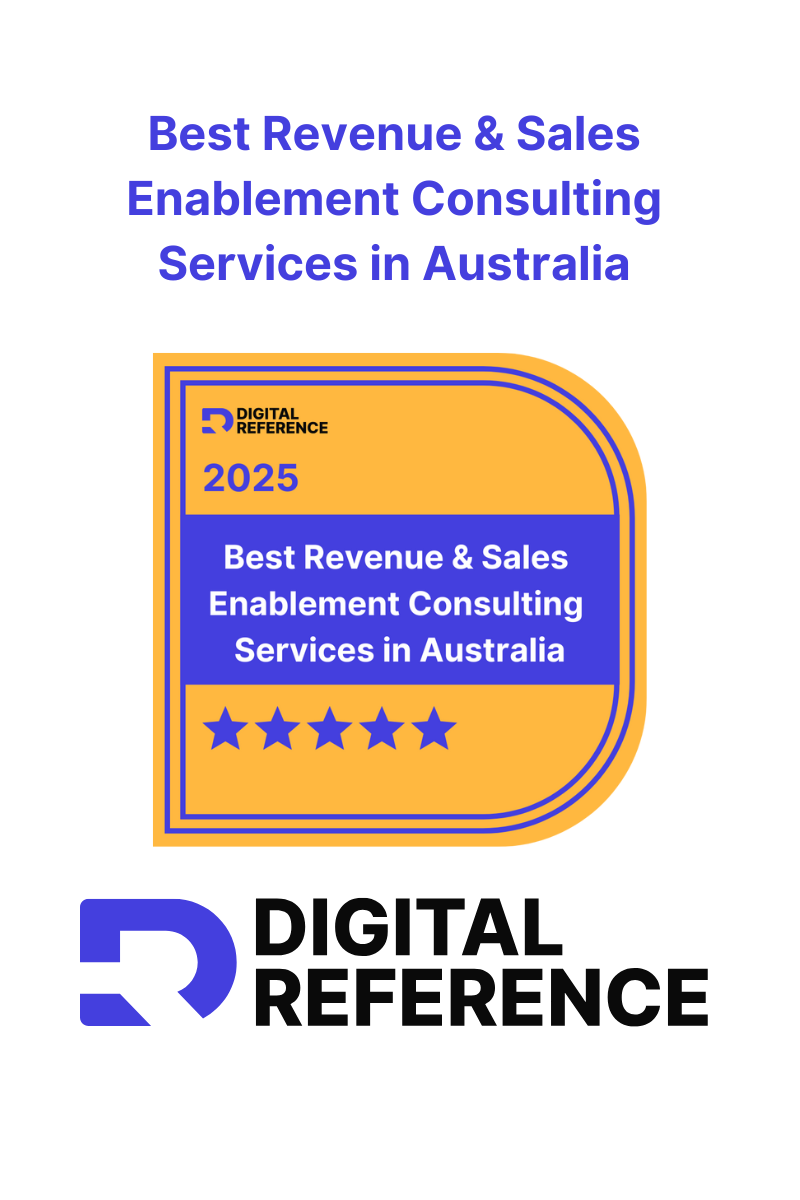
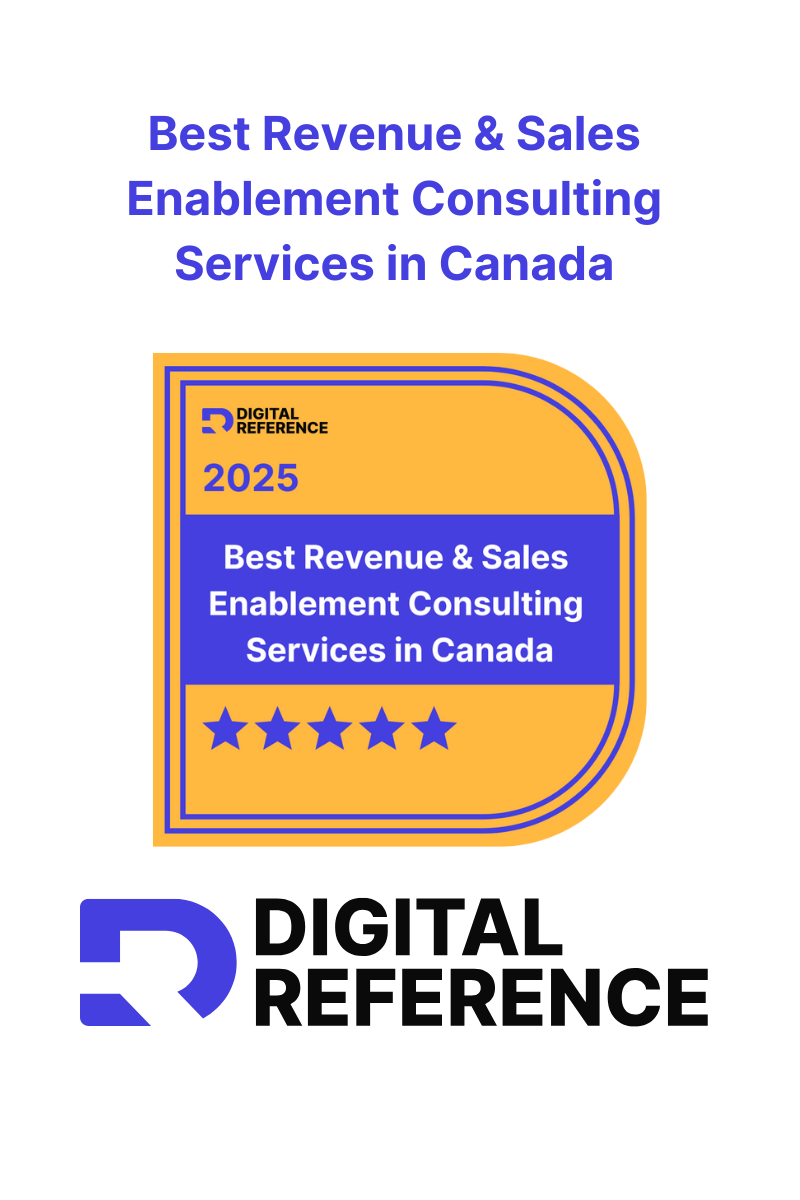
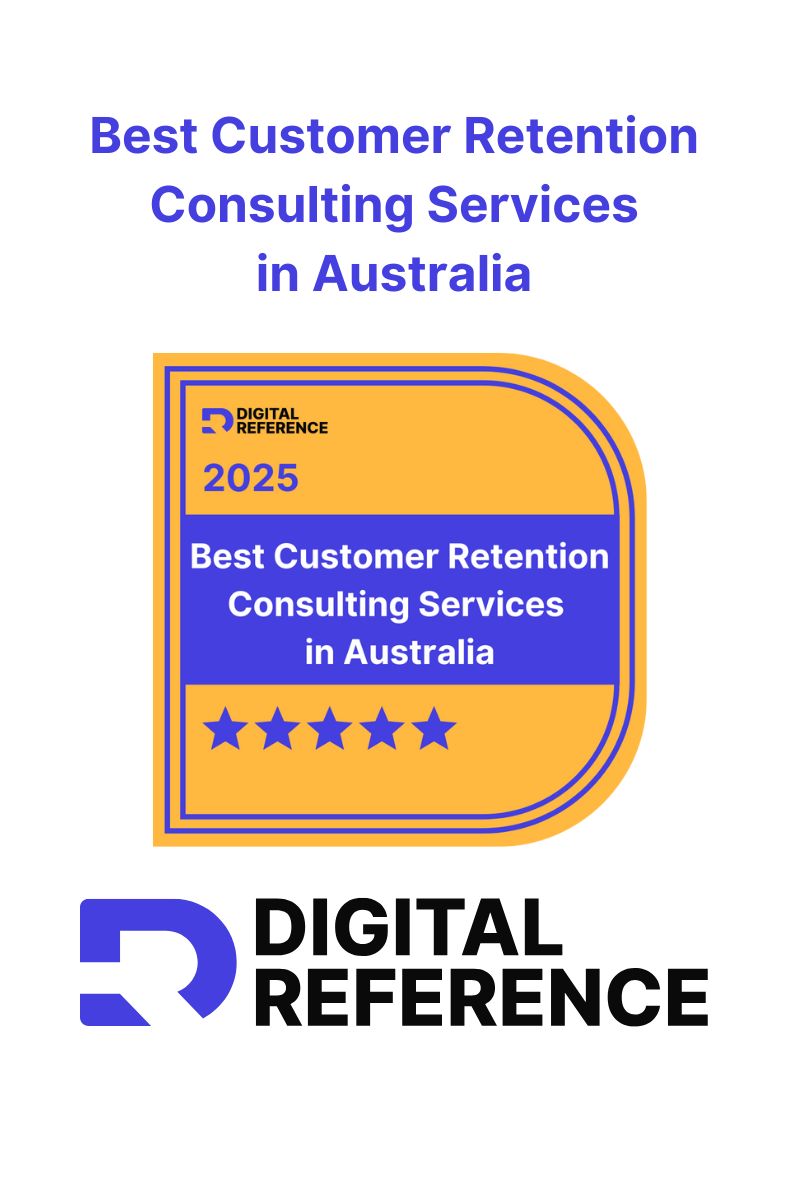
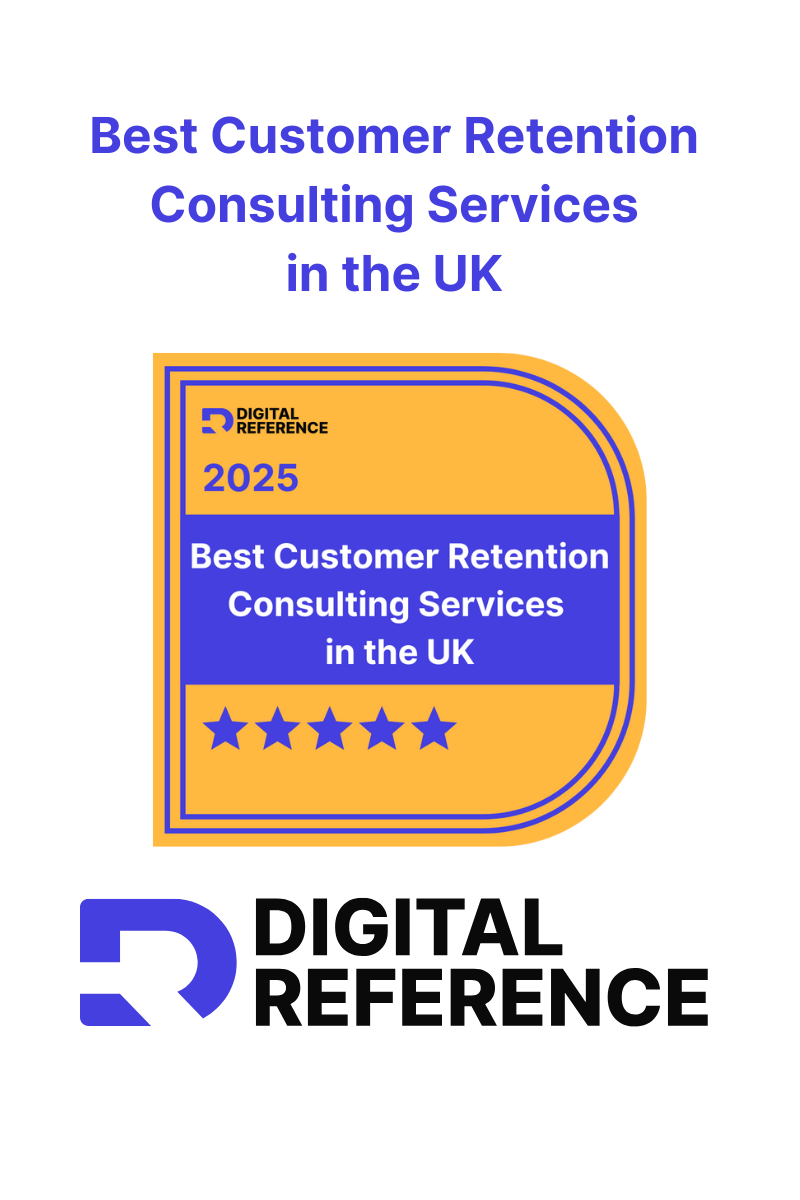
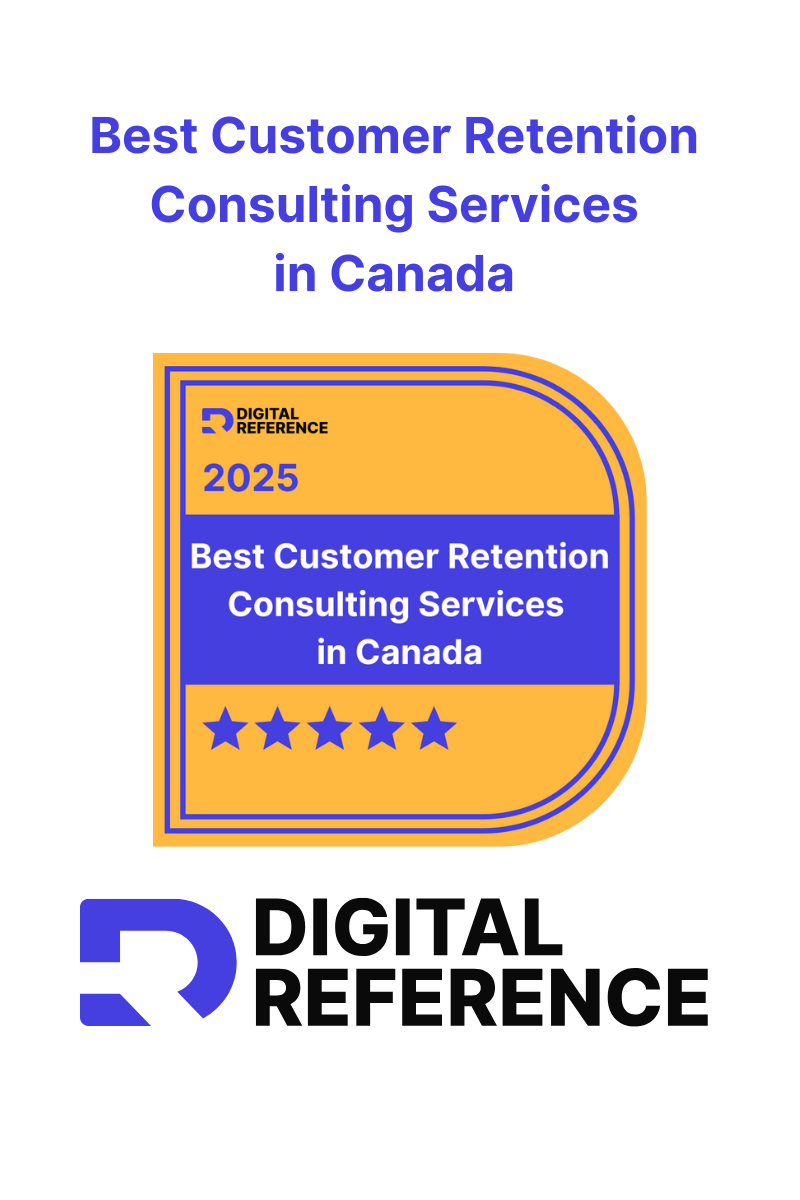
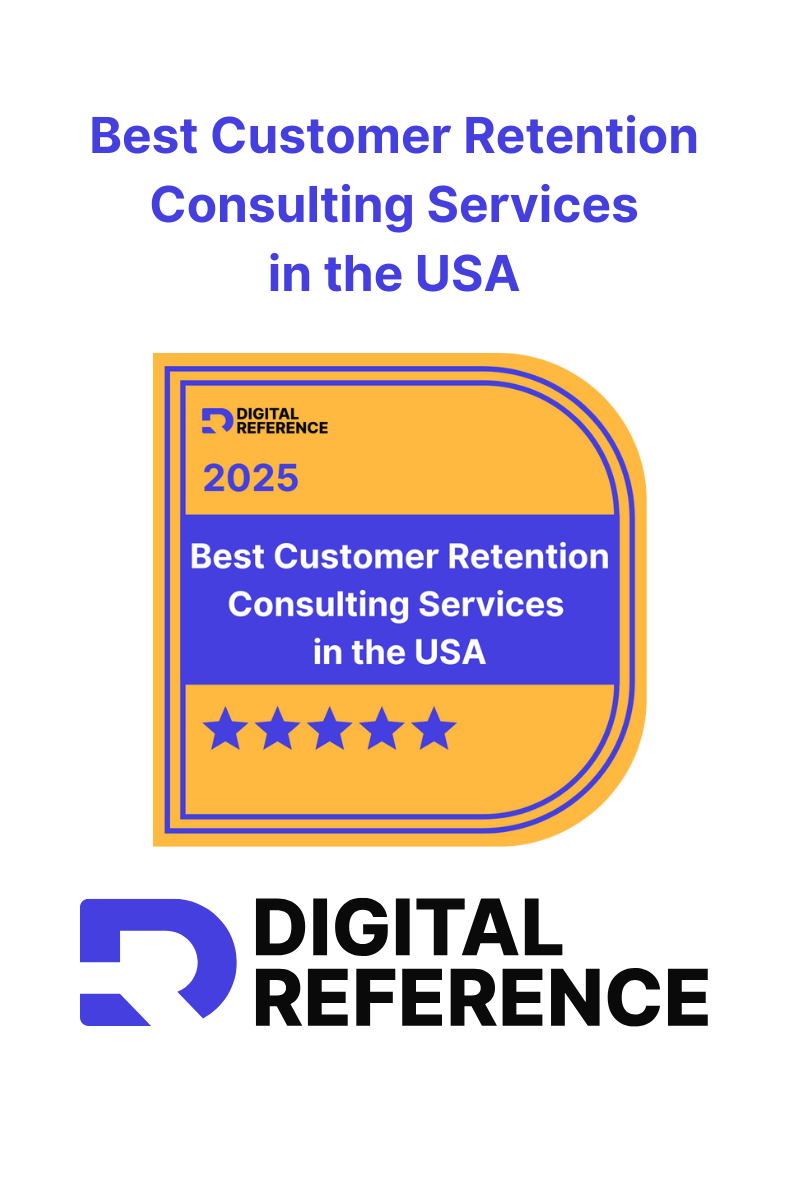
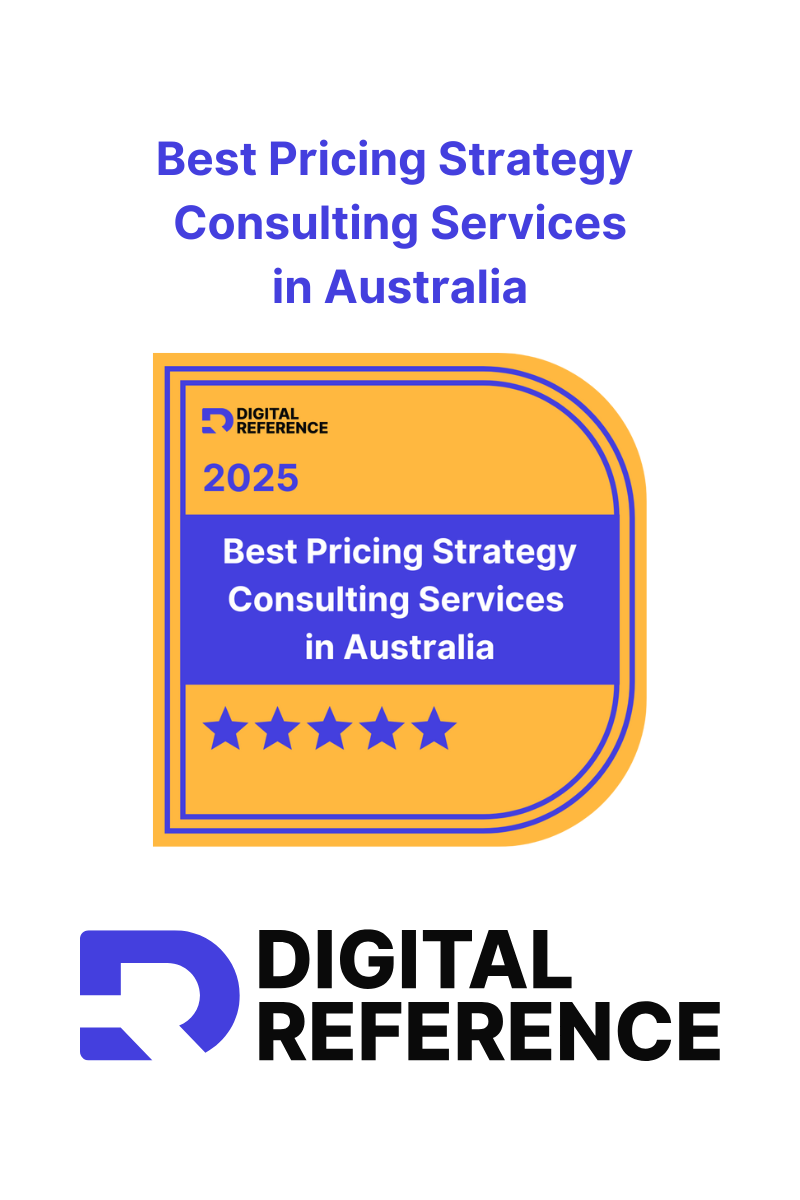
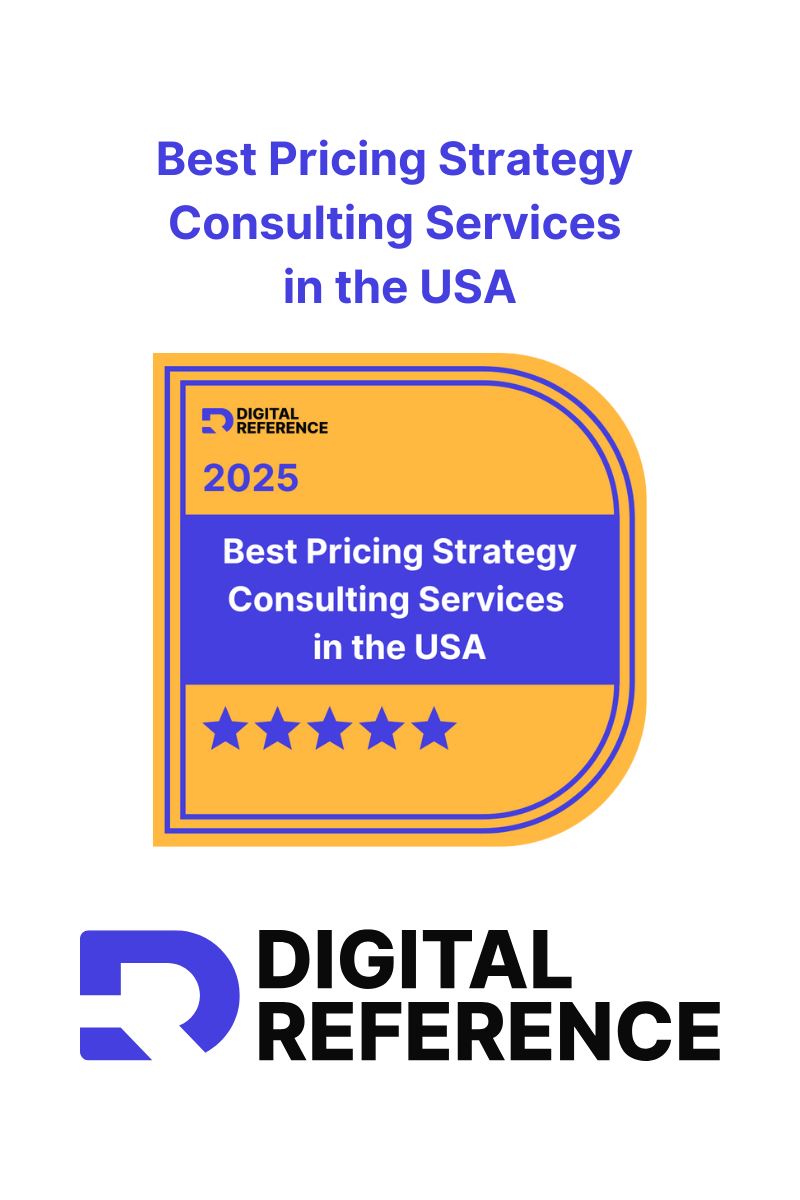
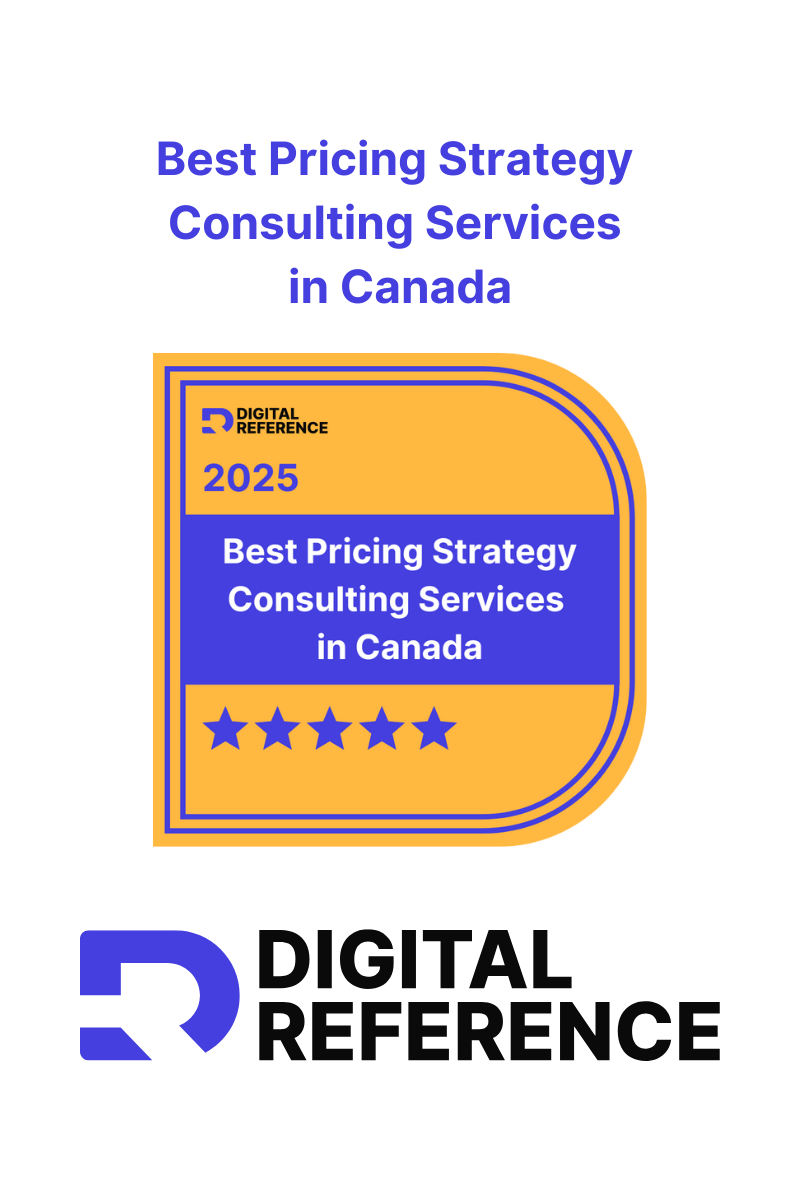
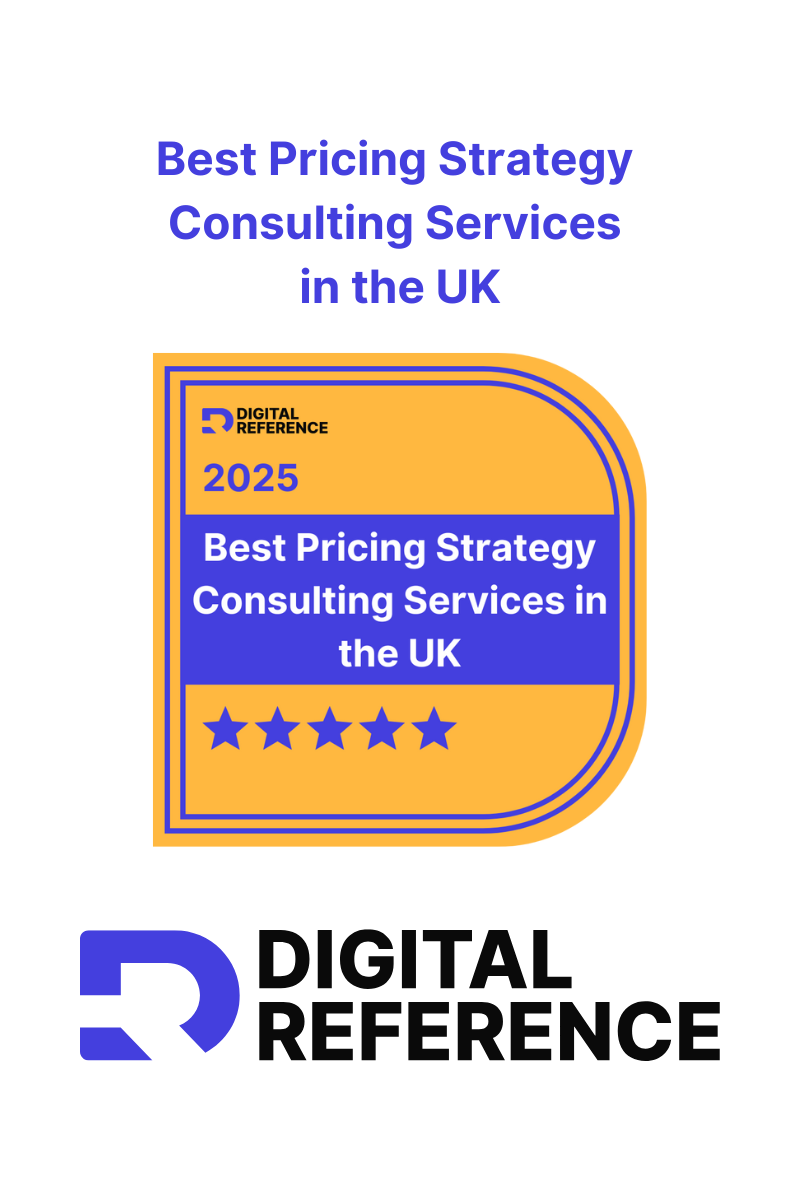
%20Consulting%20Services%20in%20Australia.png)
%20Consulting%20Services%20in%20Canada.png)
%20Consulting%20Services%20in%20the%20USA.png)
%20Consulting%20Services%20in%20the%20UK.png)
.png)
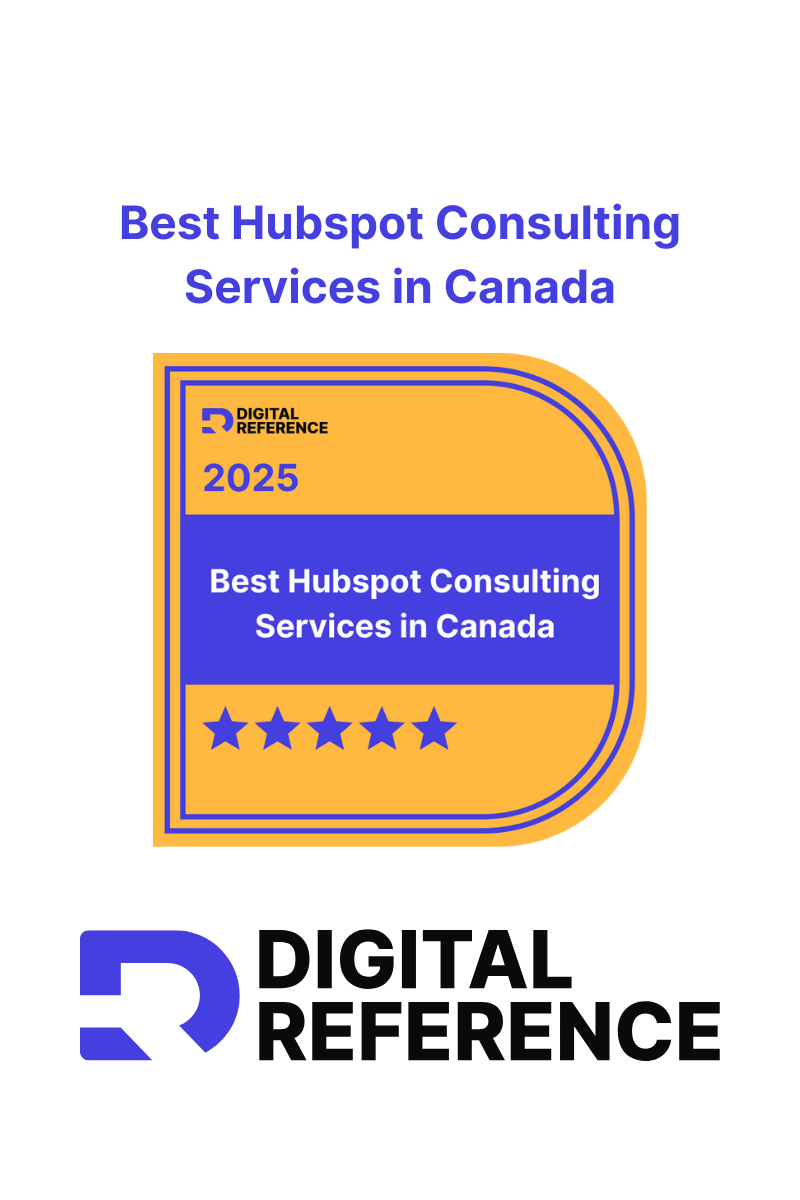
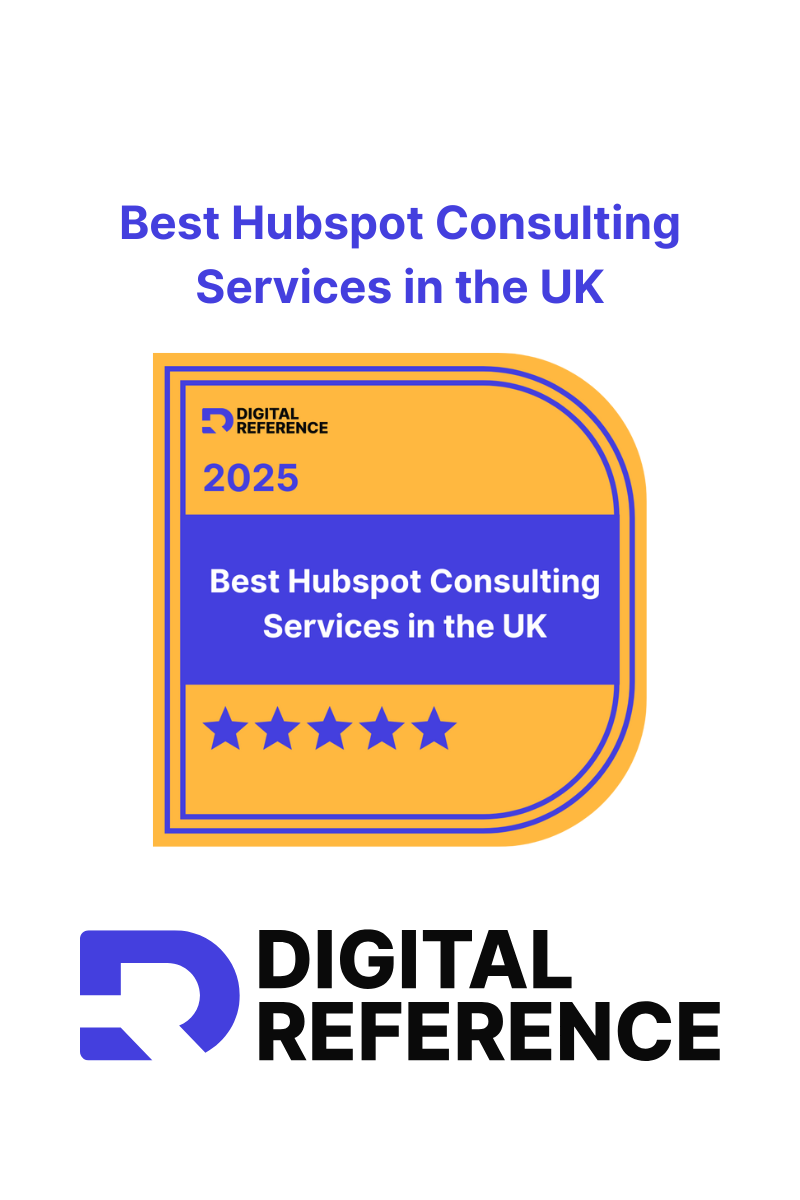
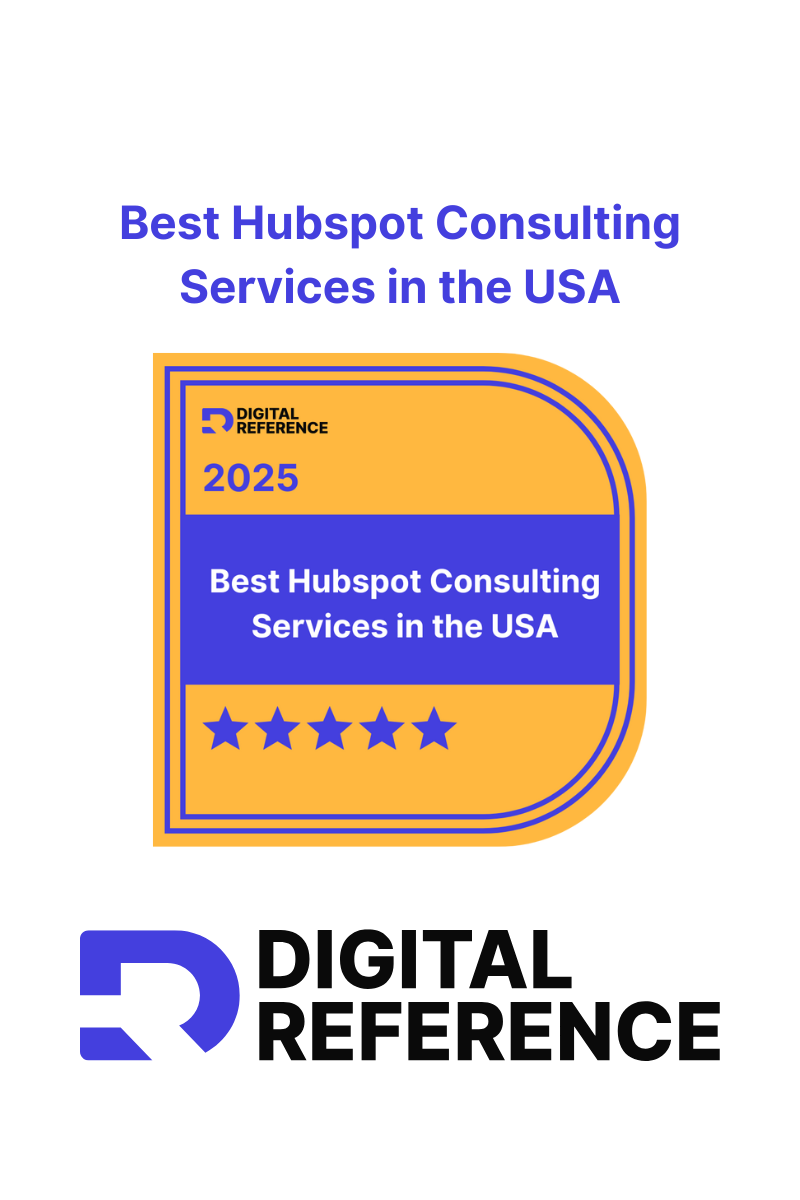
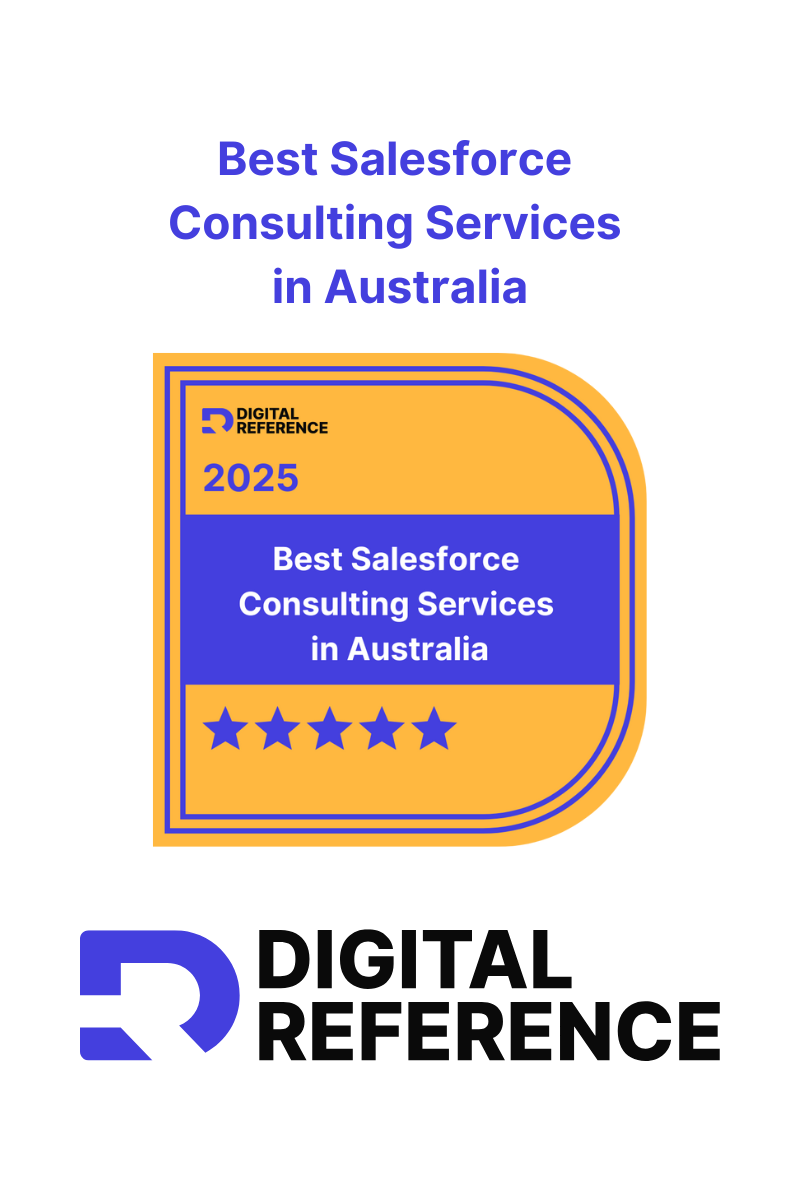
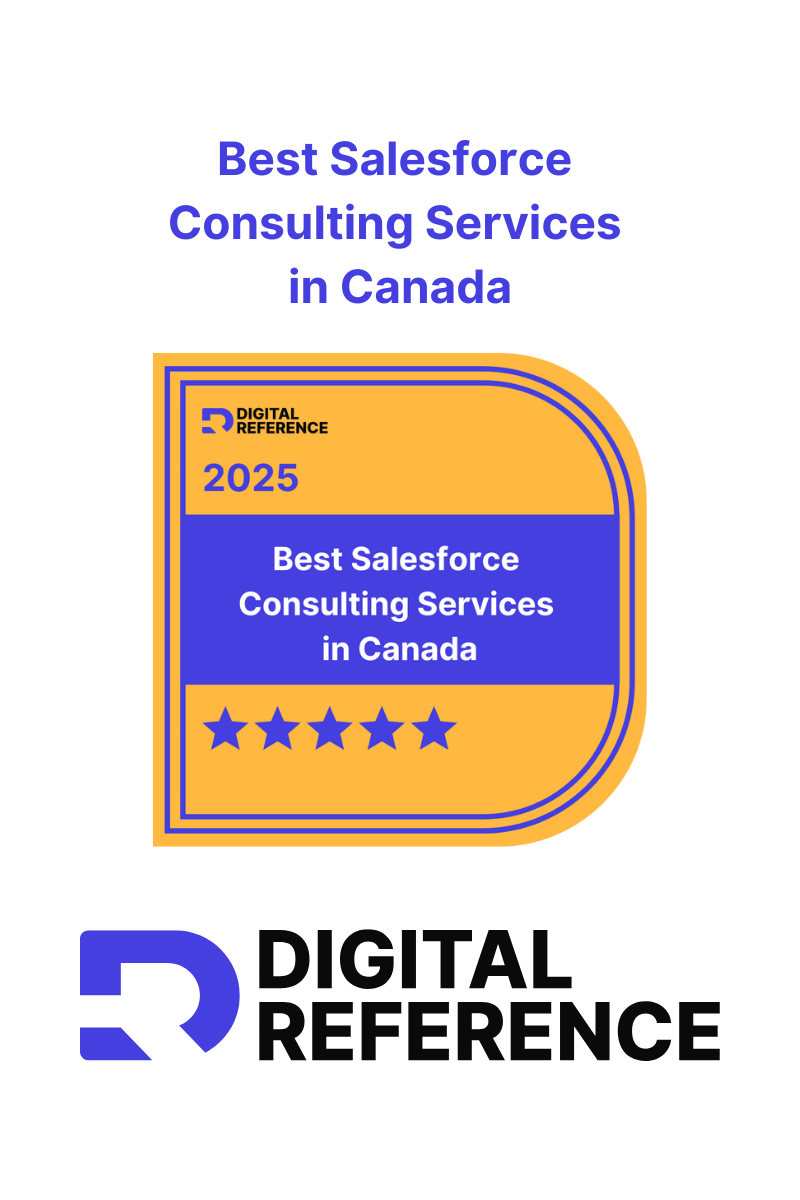

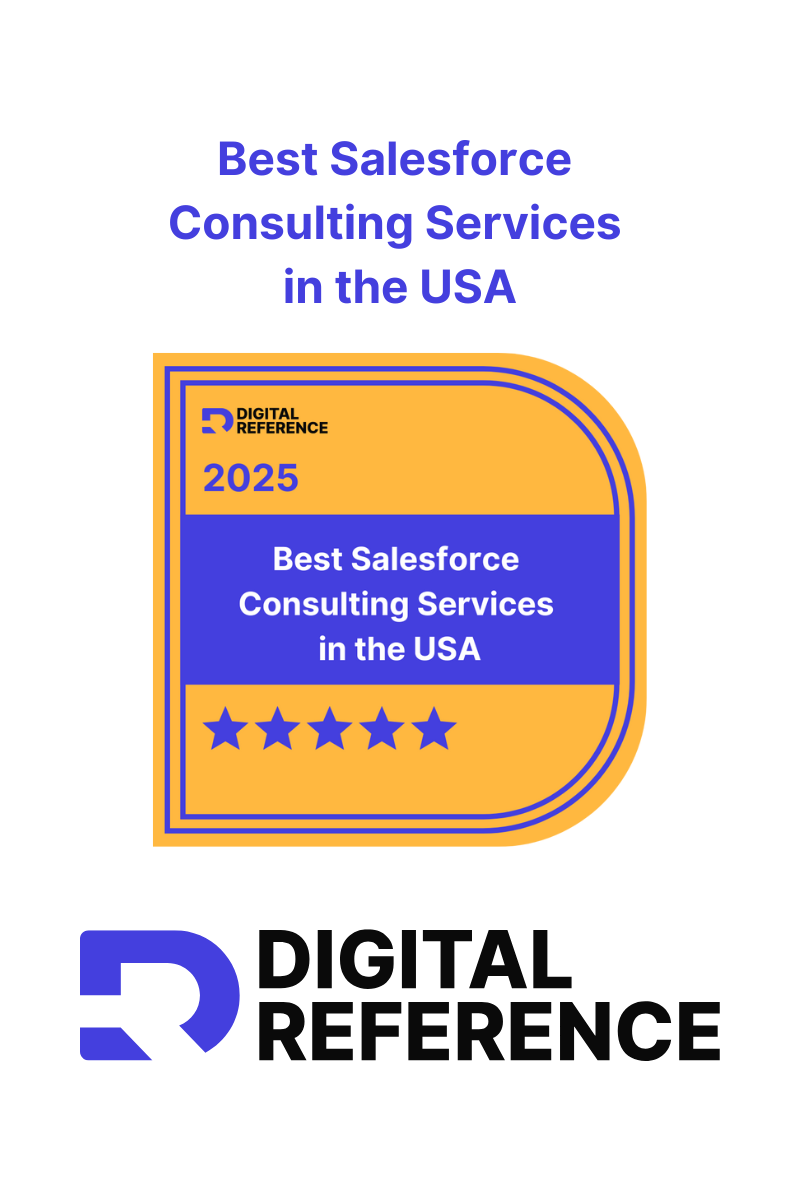
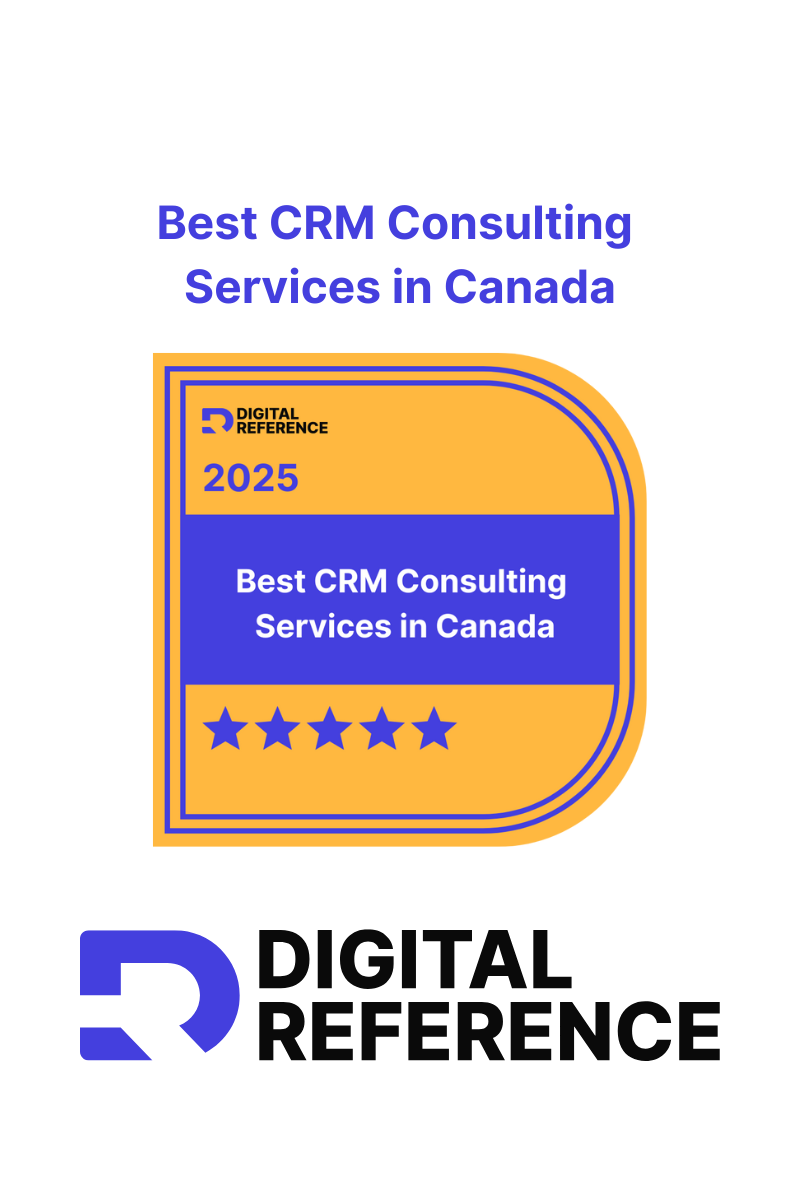
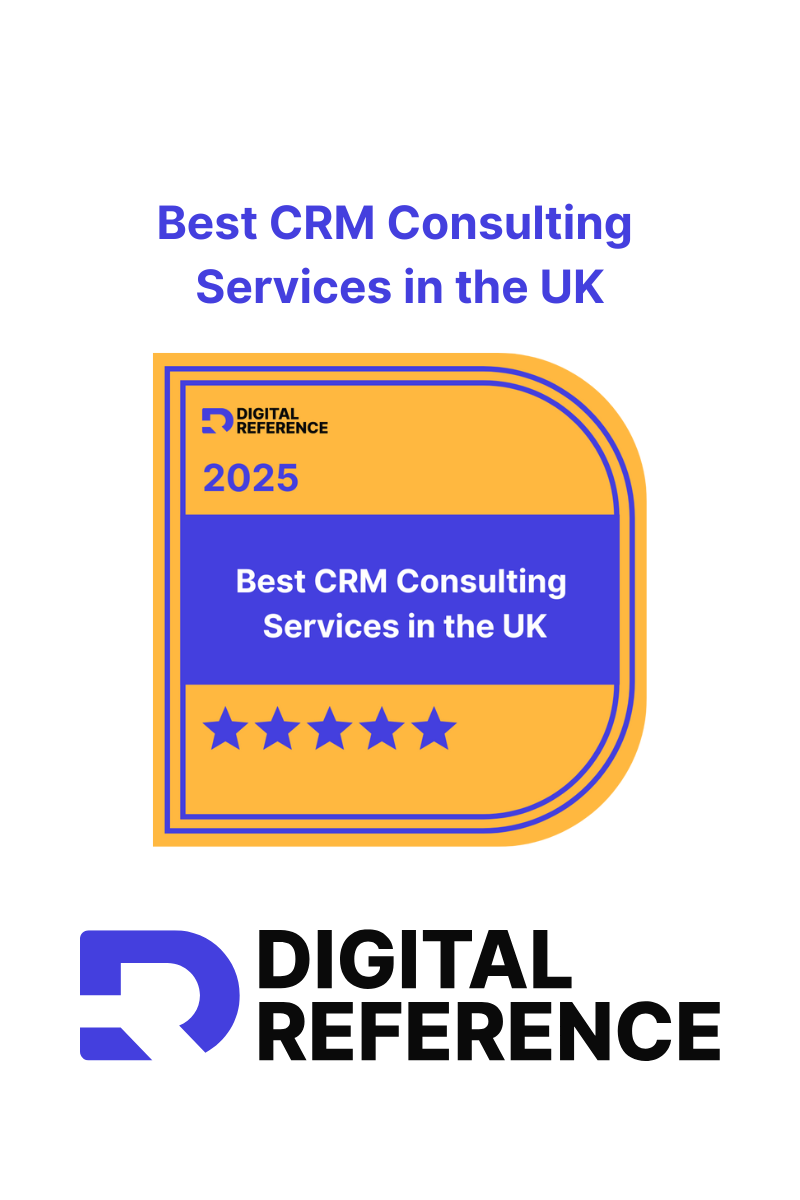
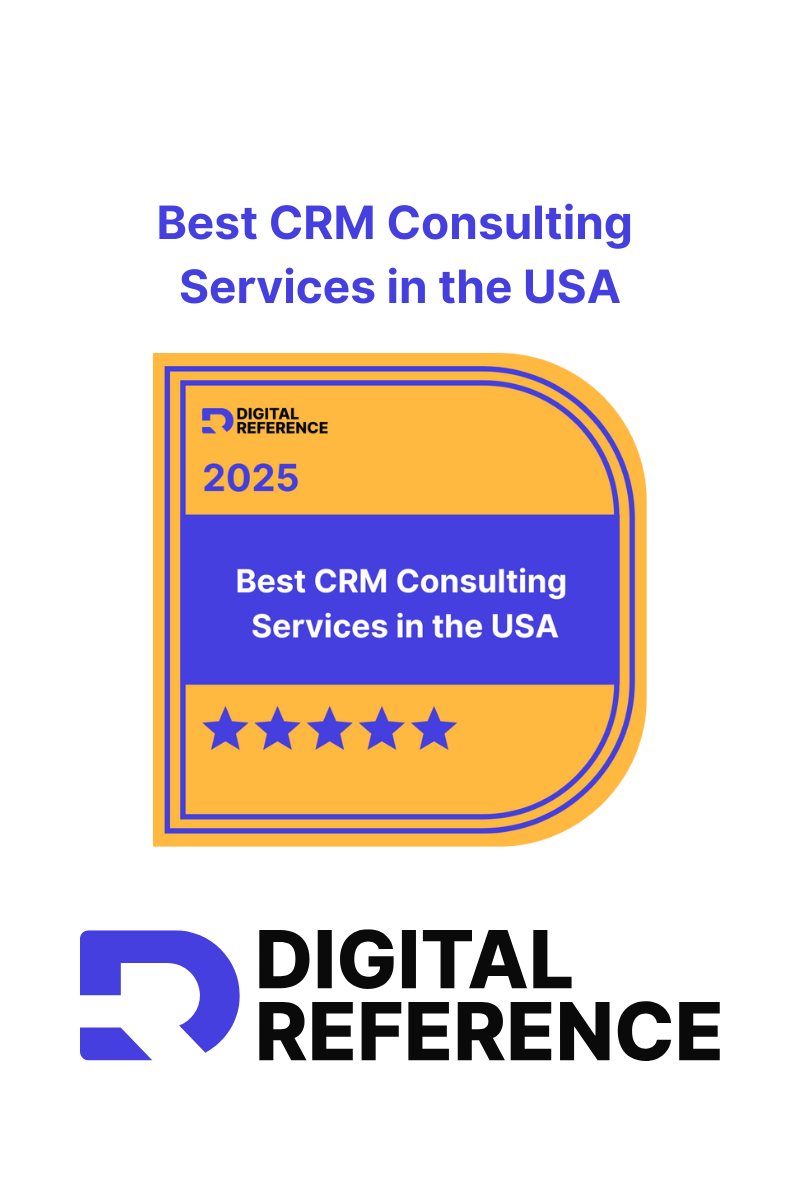
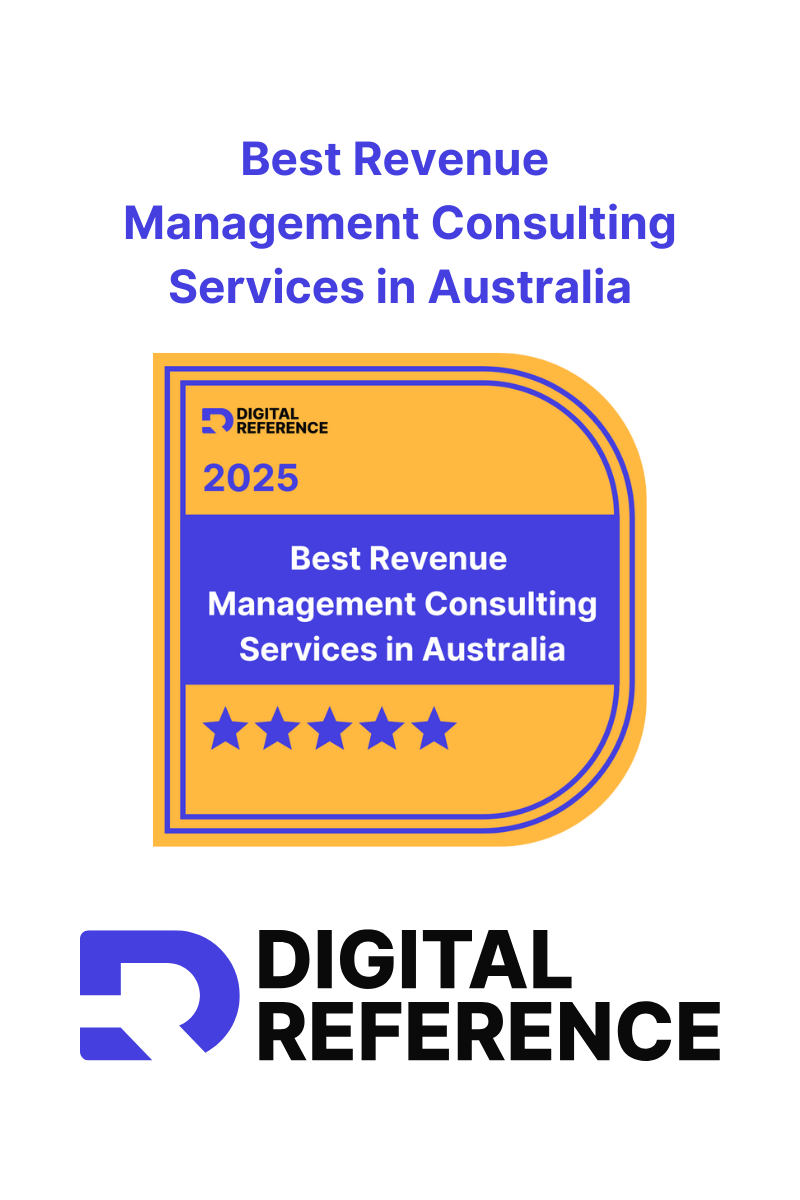
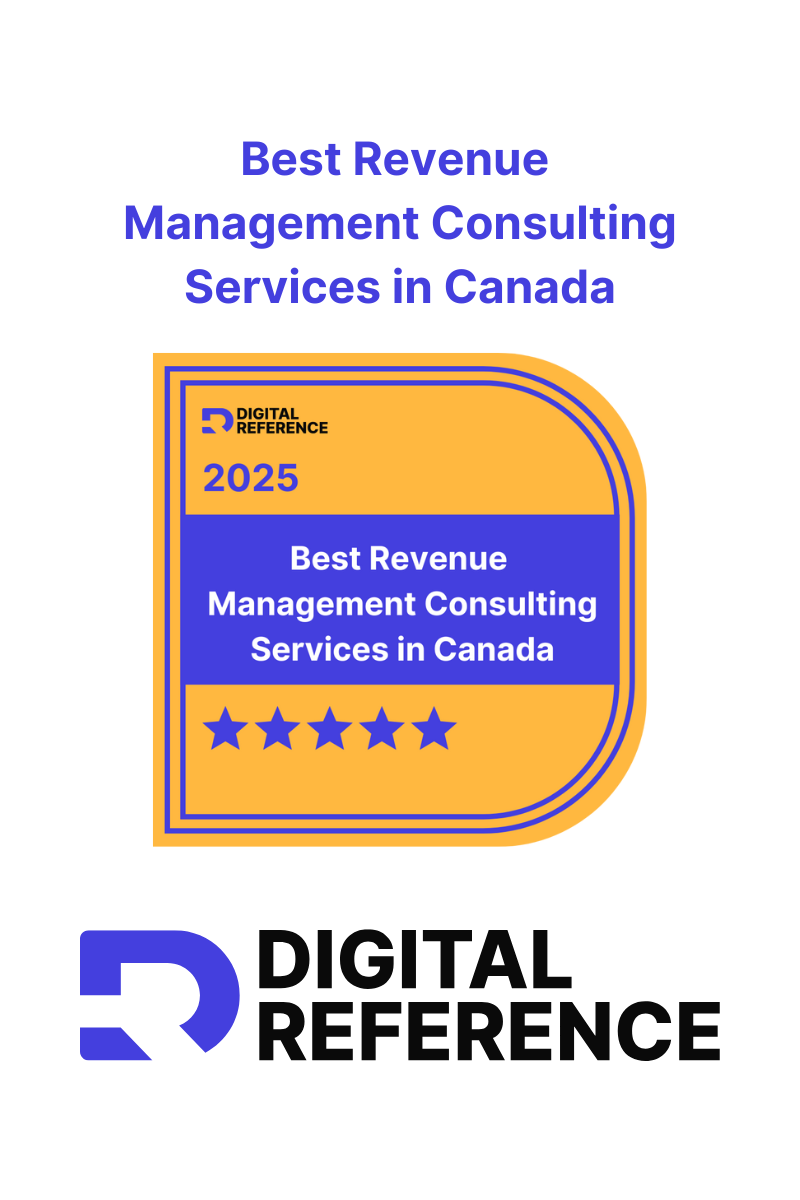

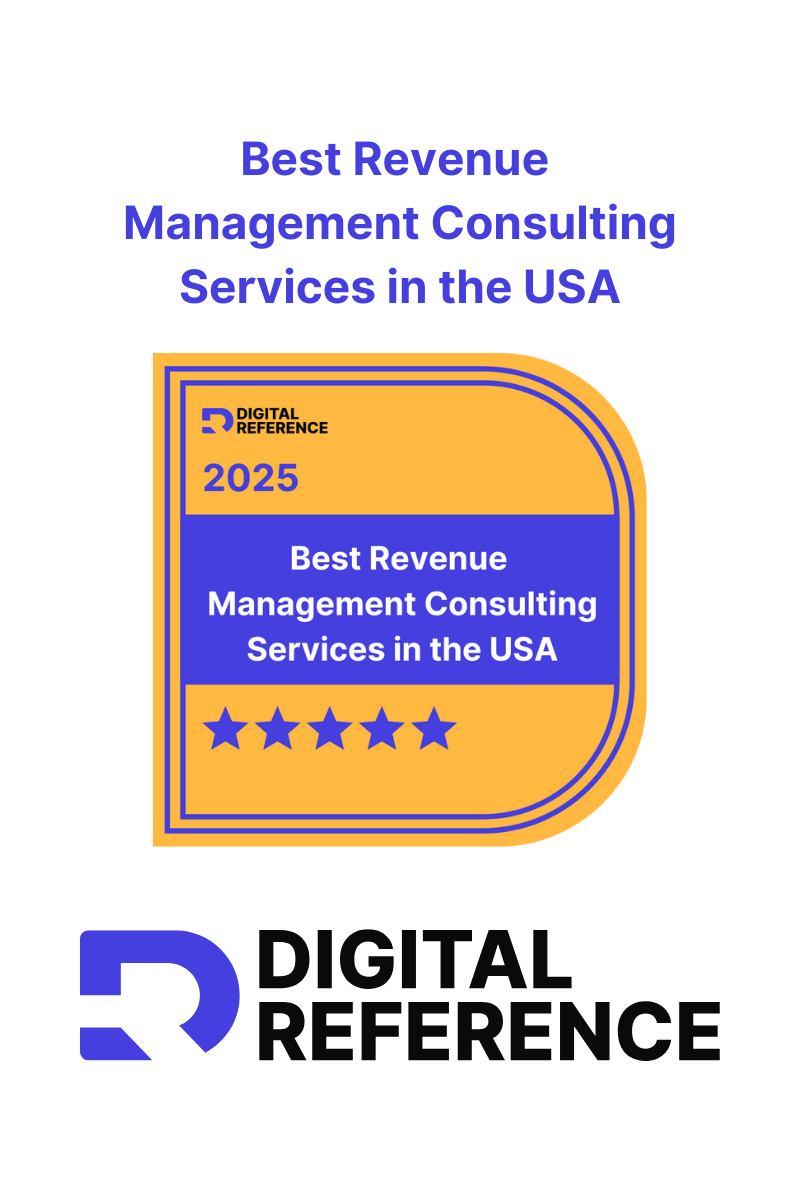
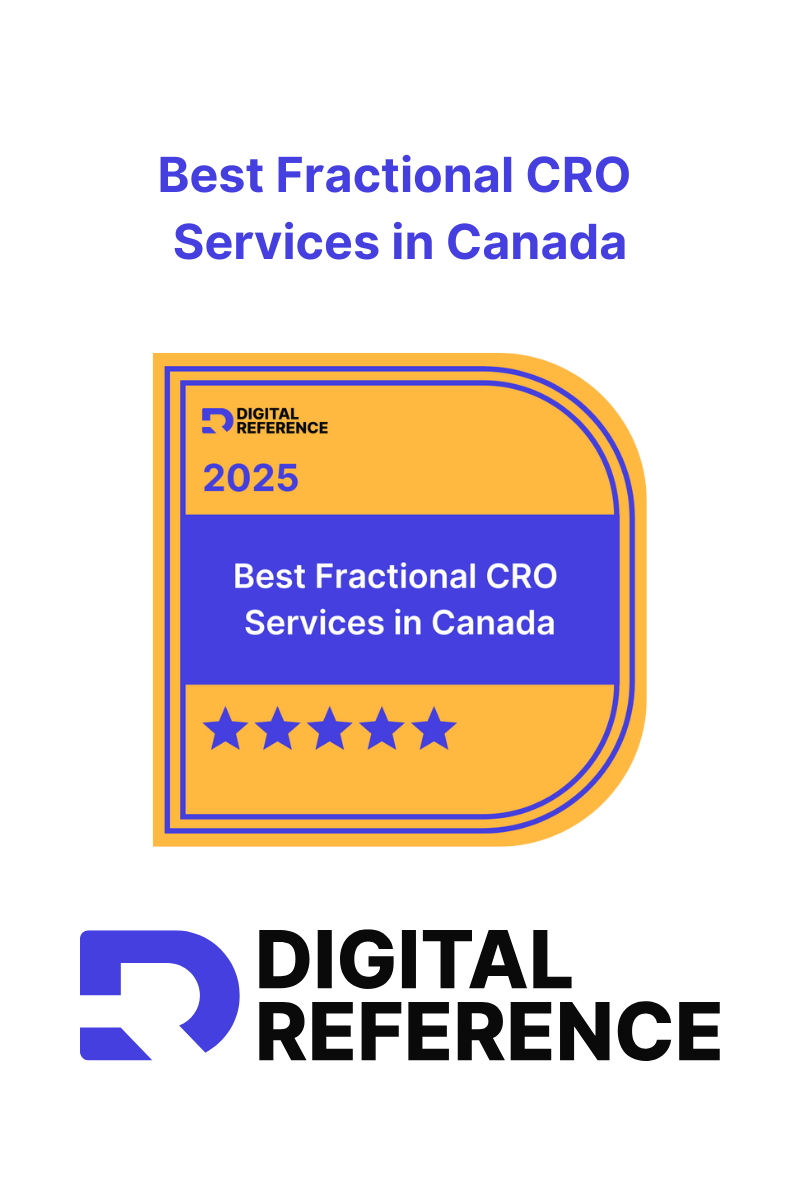
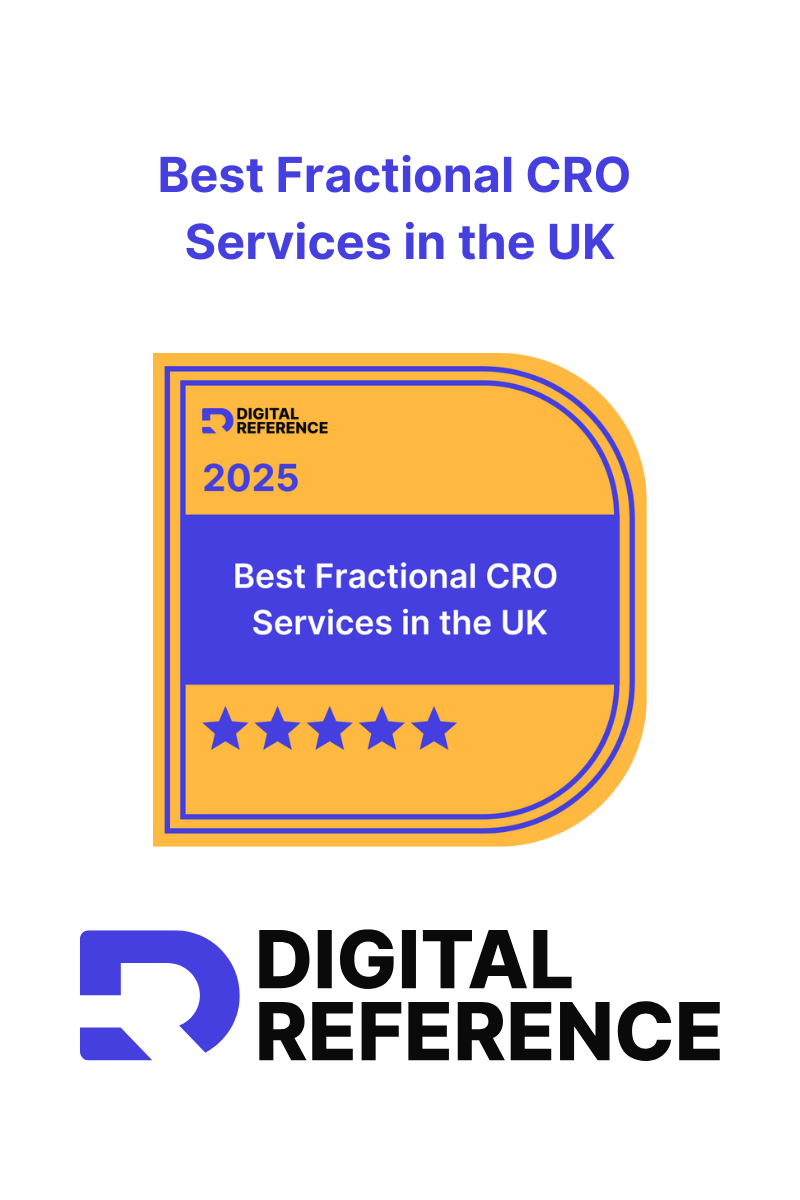
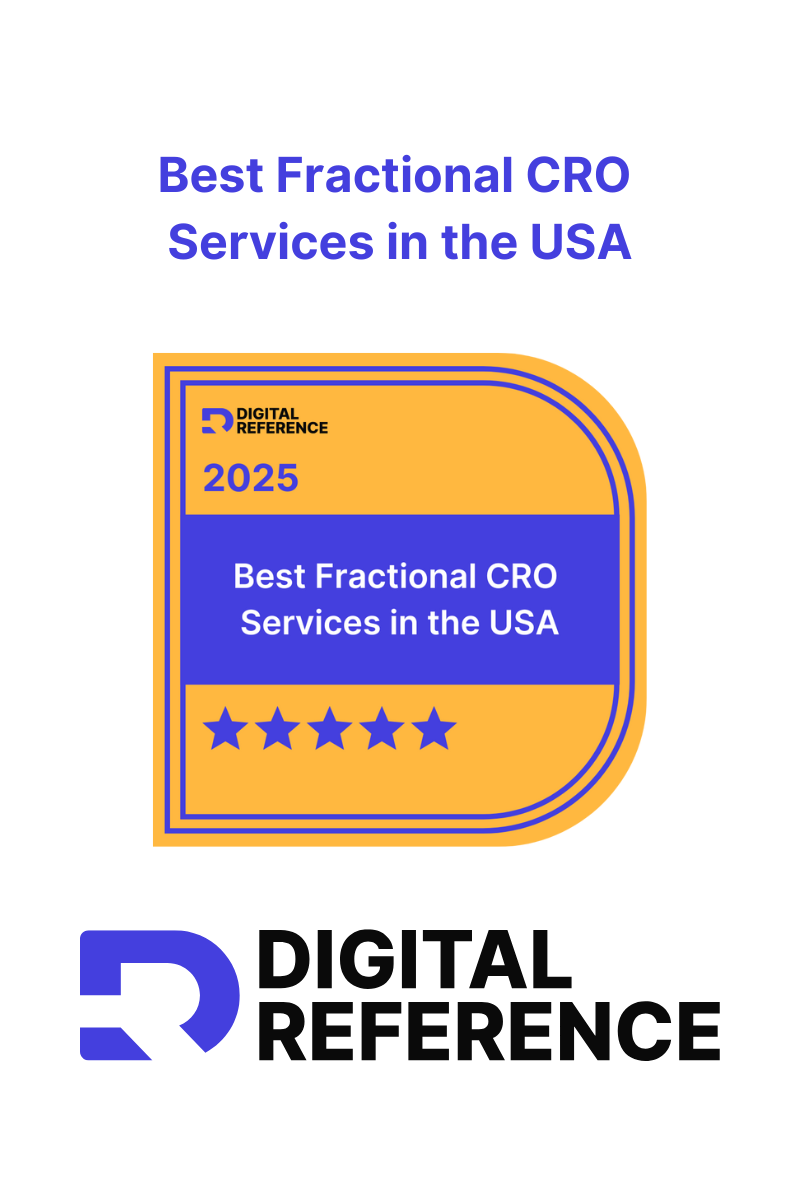
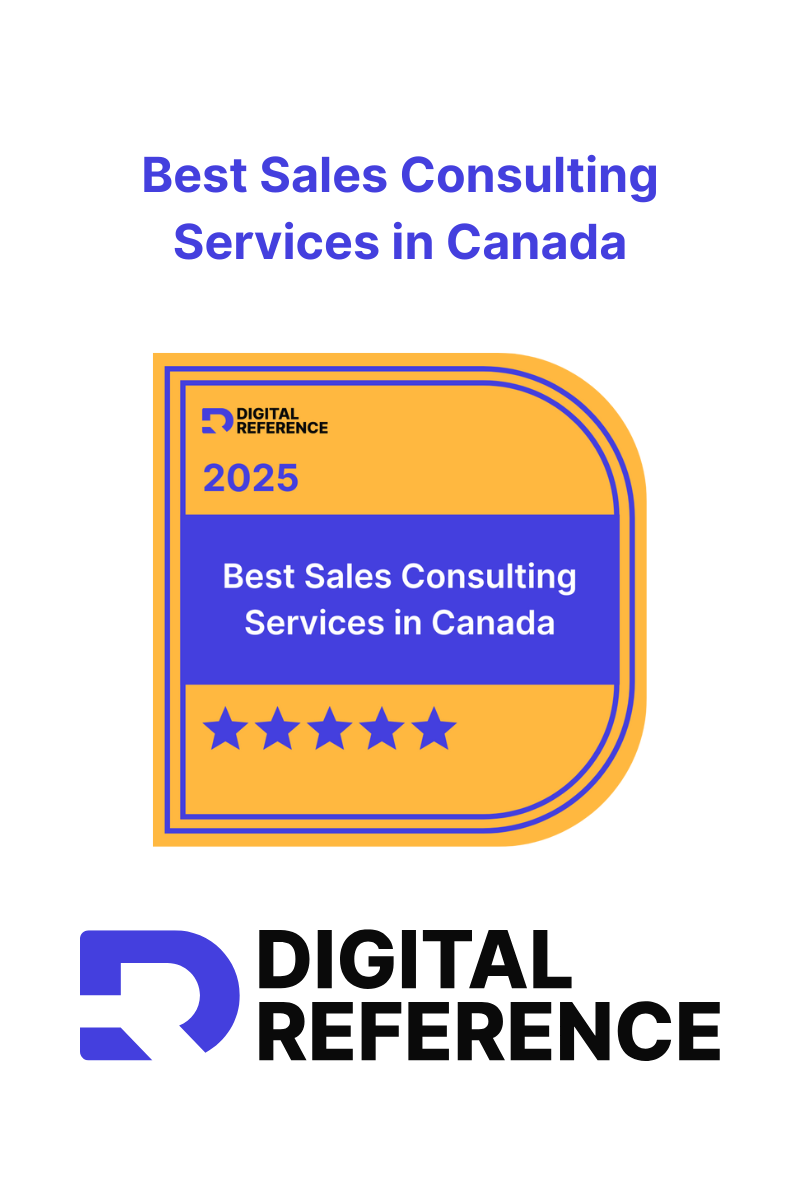
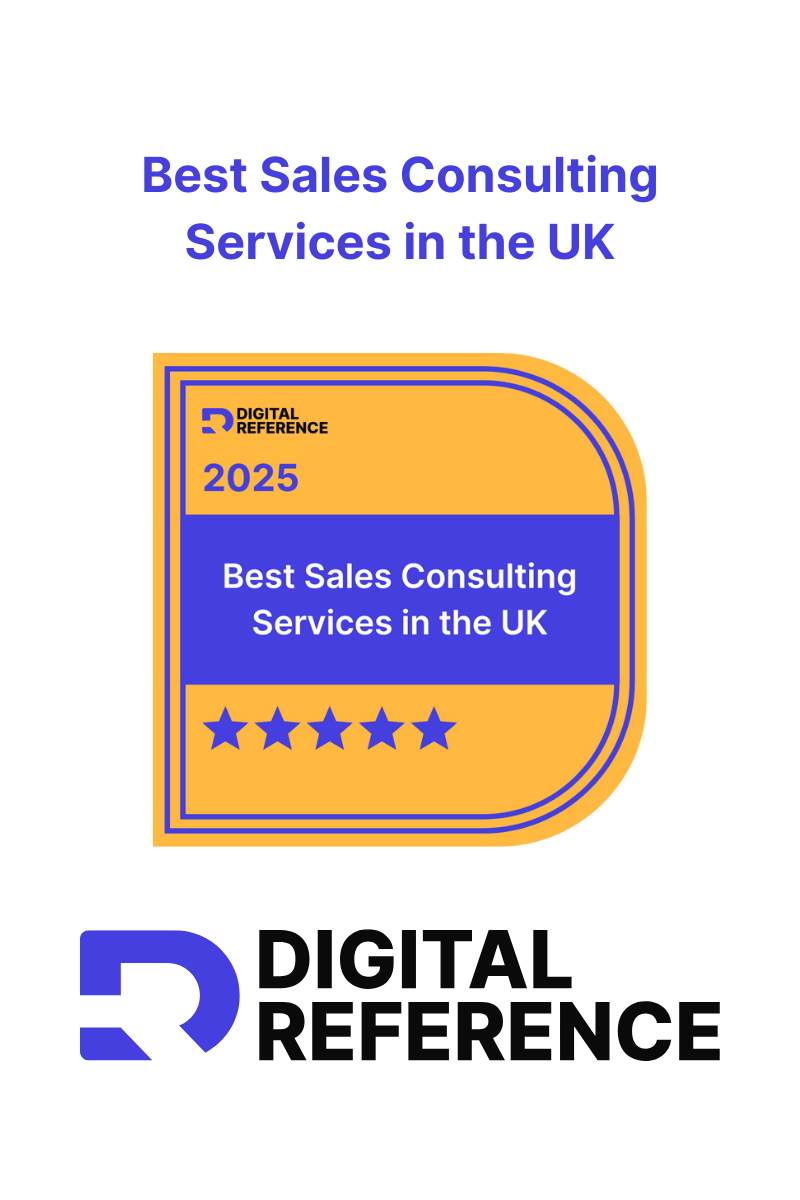
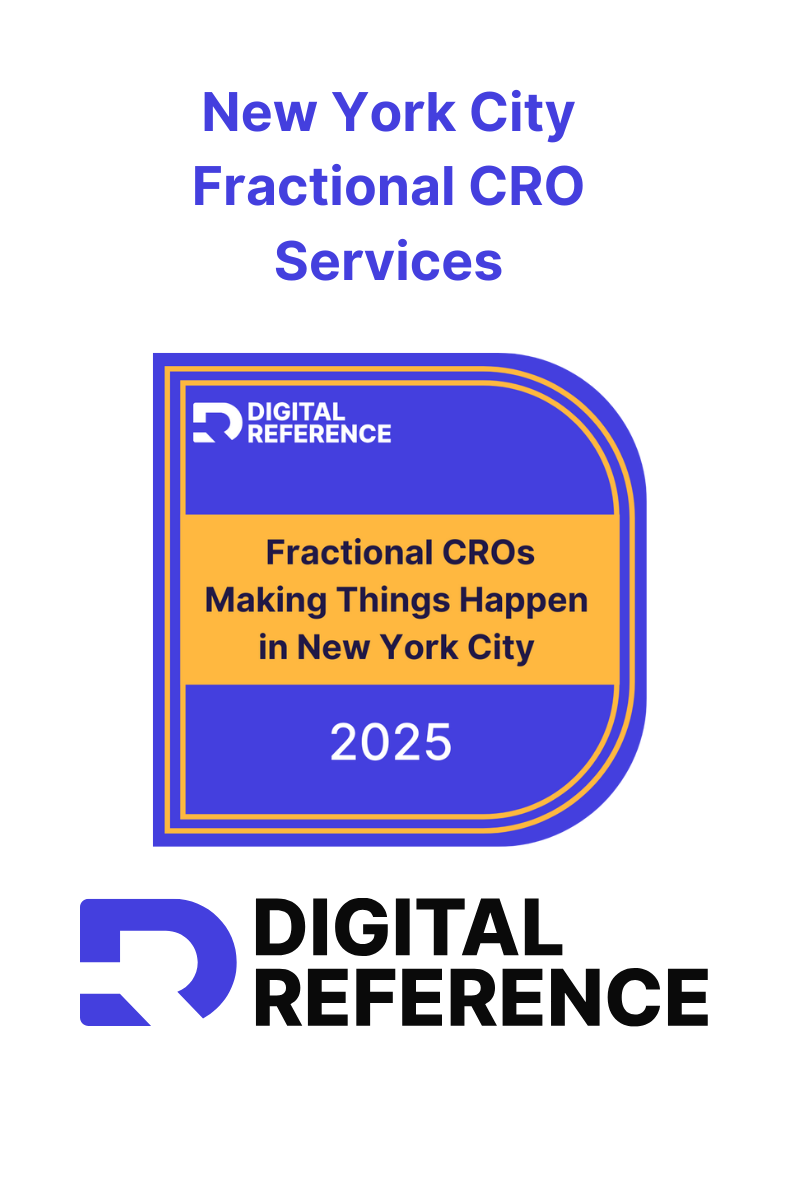

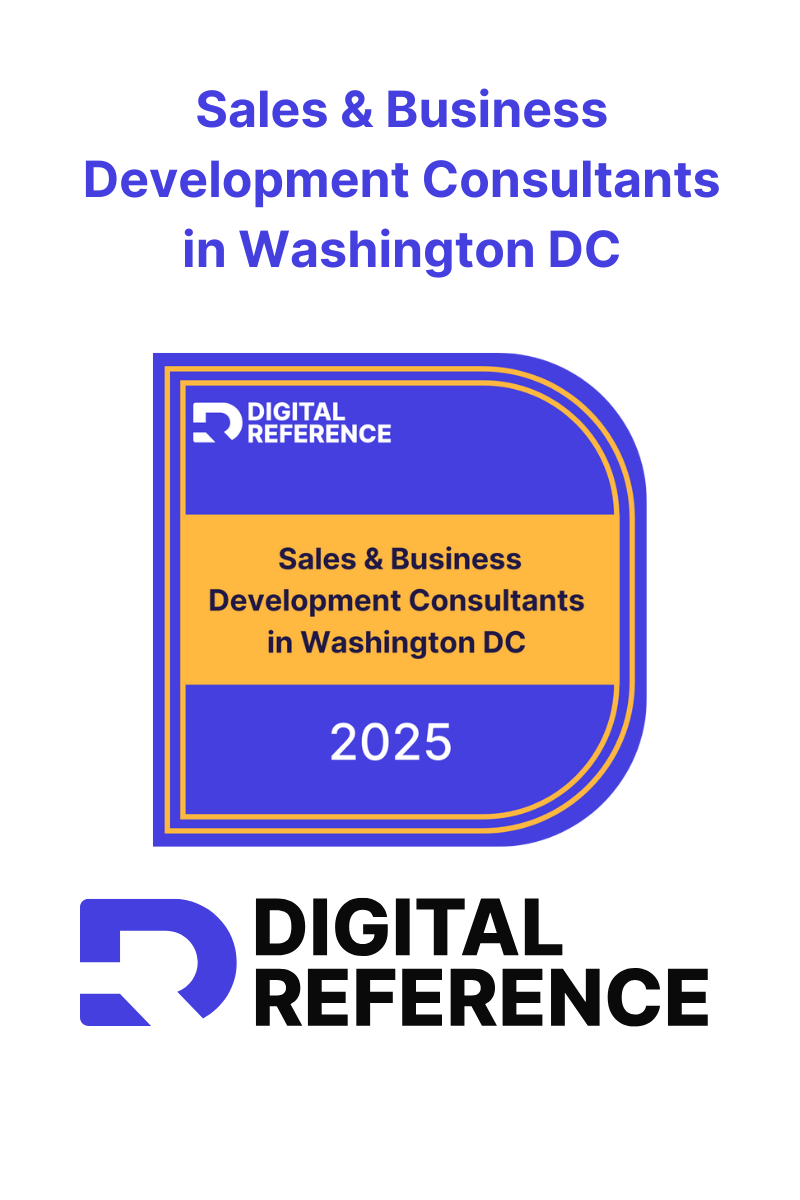
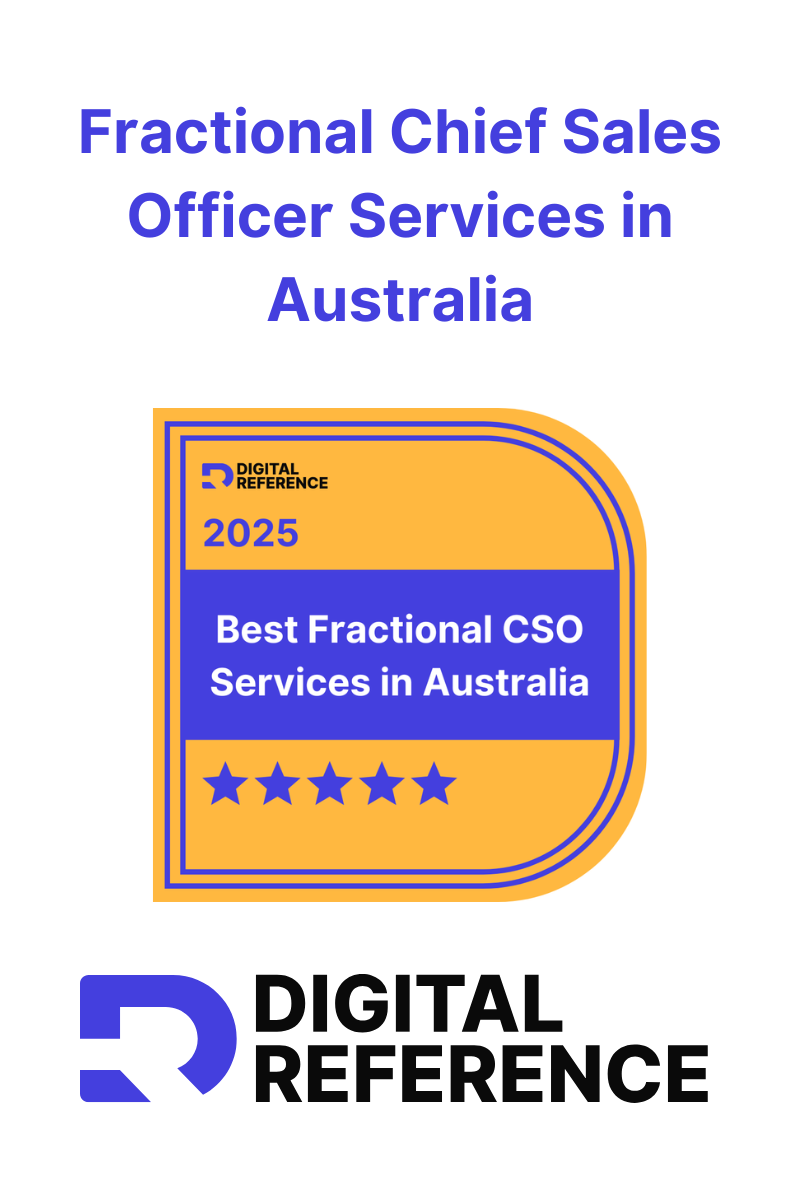
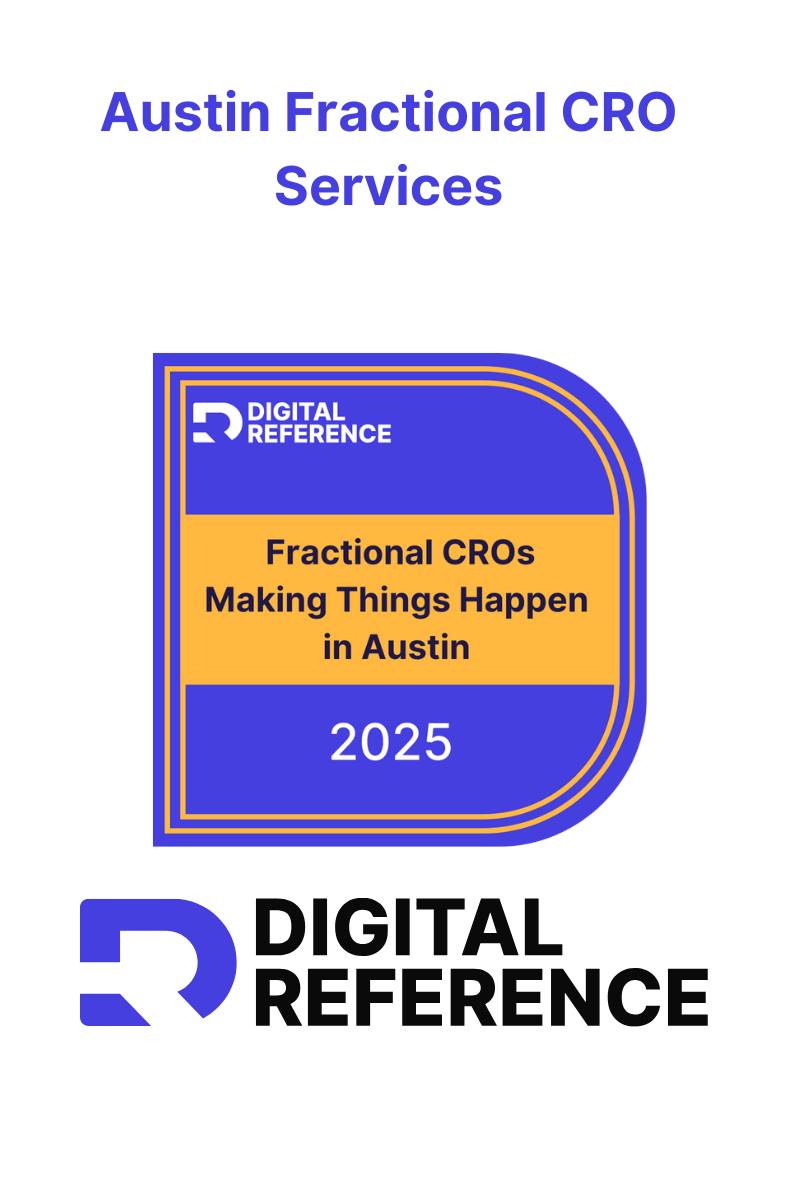
.png)
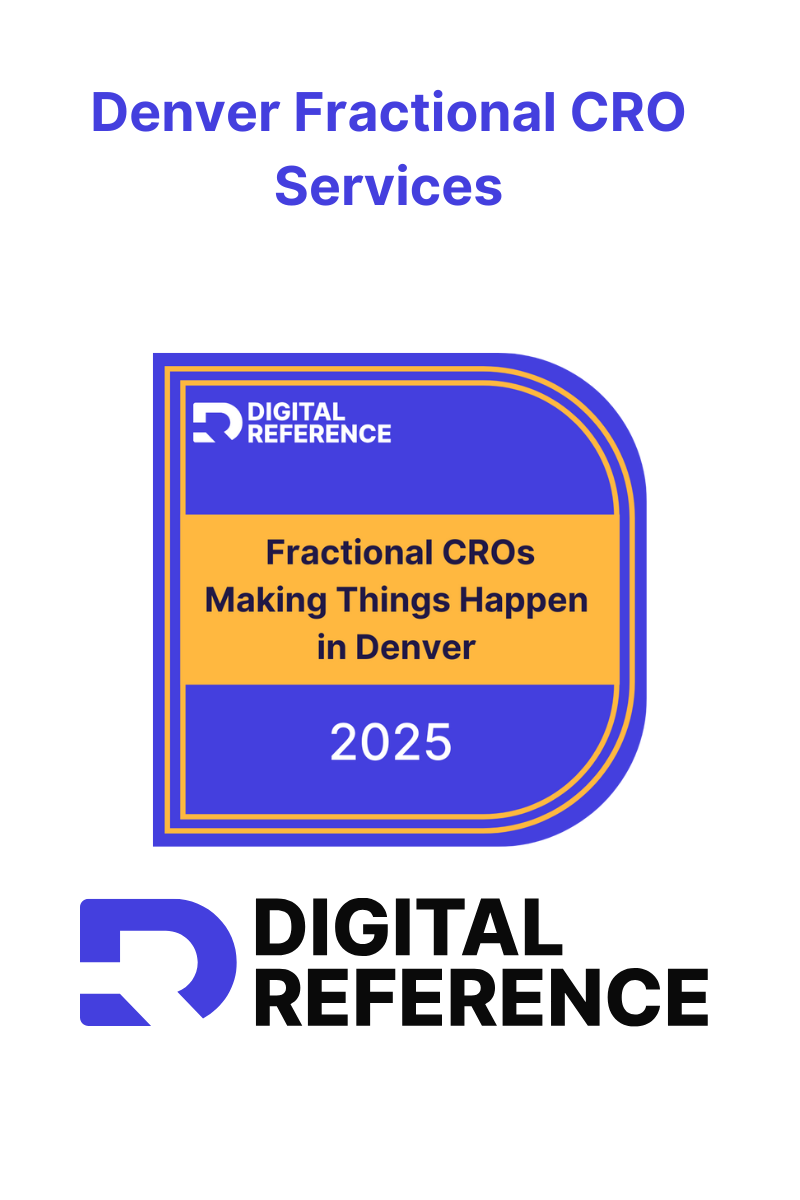
.png)
.png)
.png)

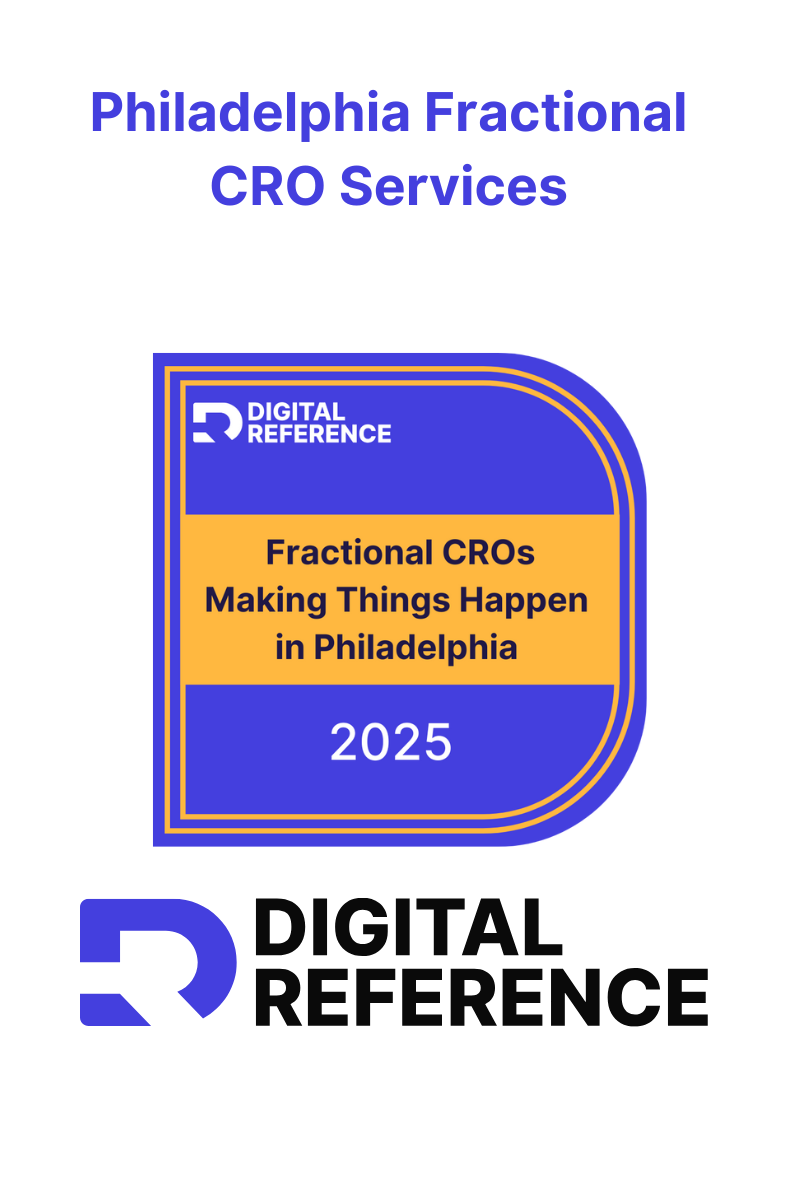
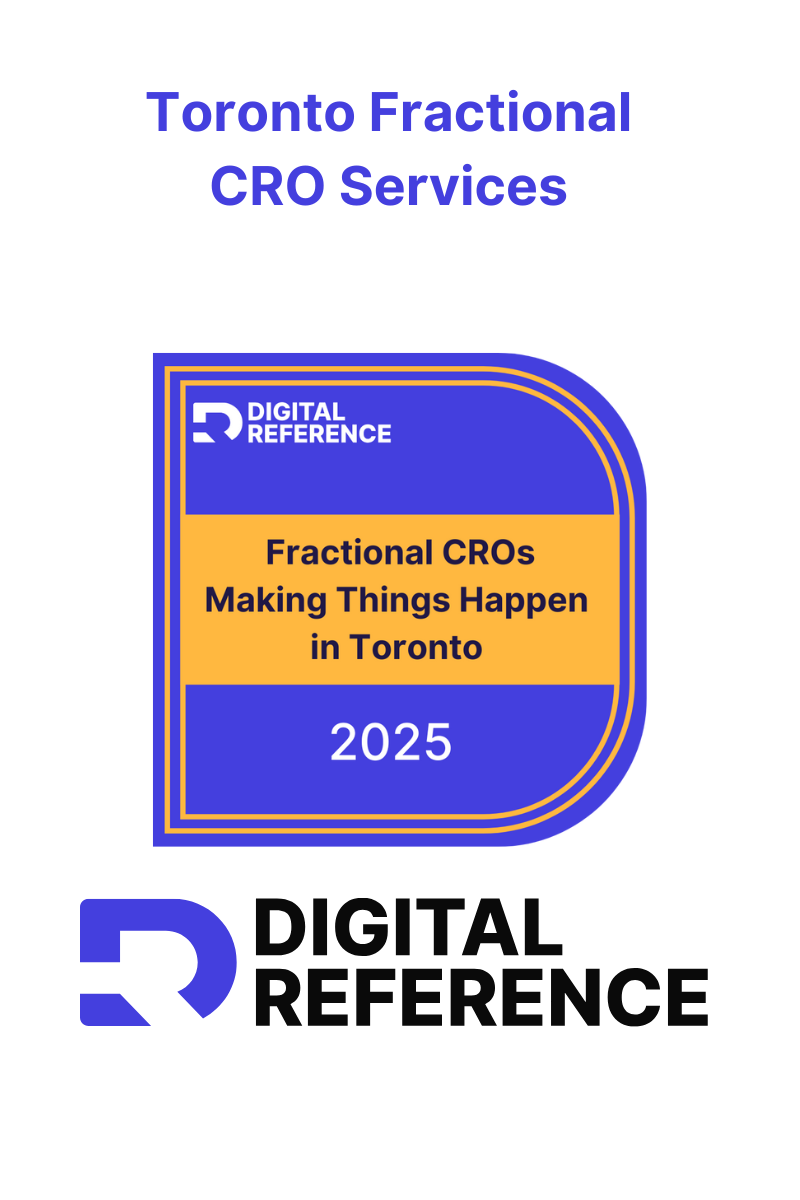
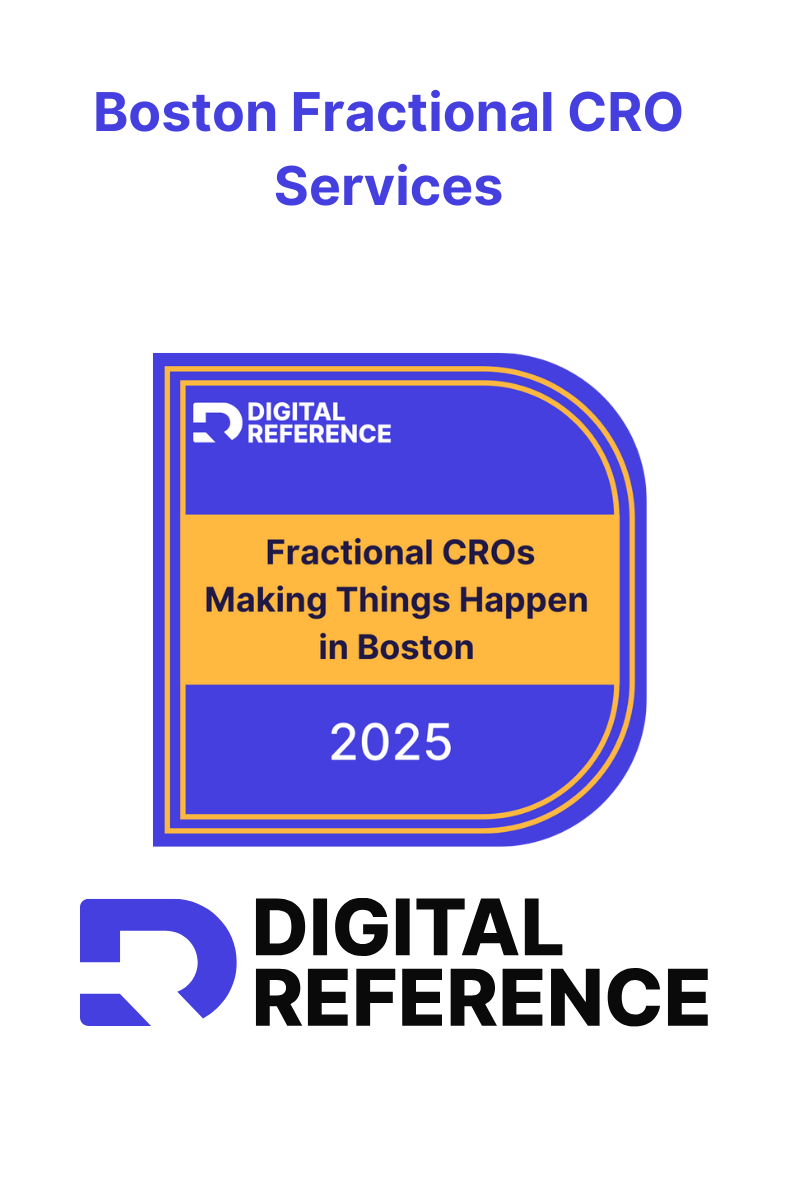
.png)
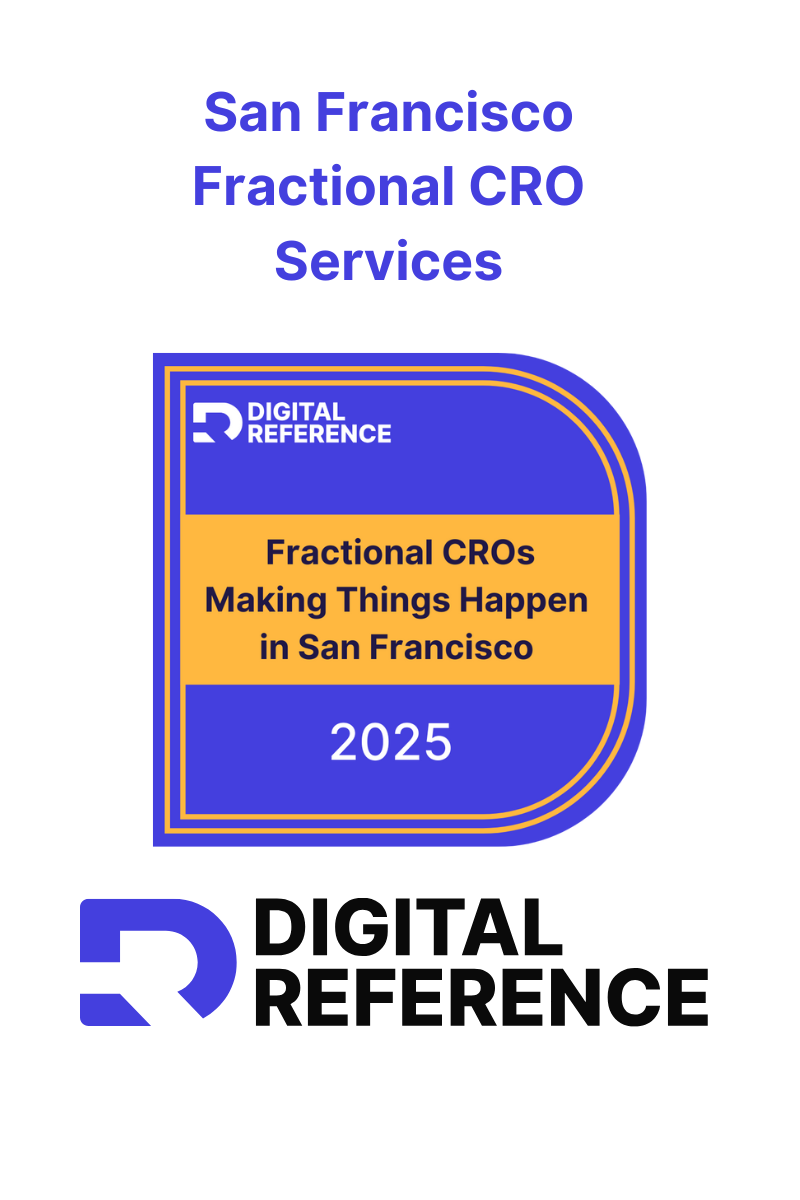
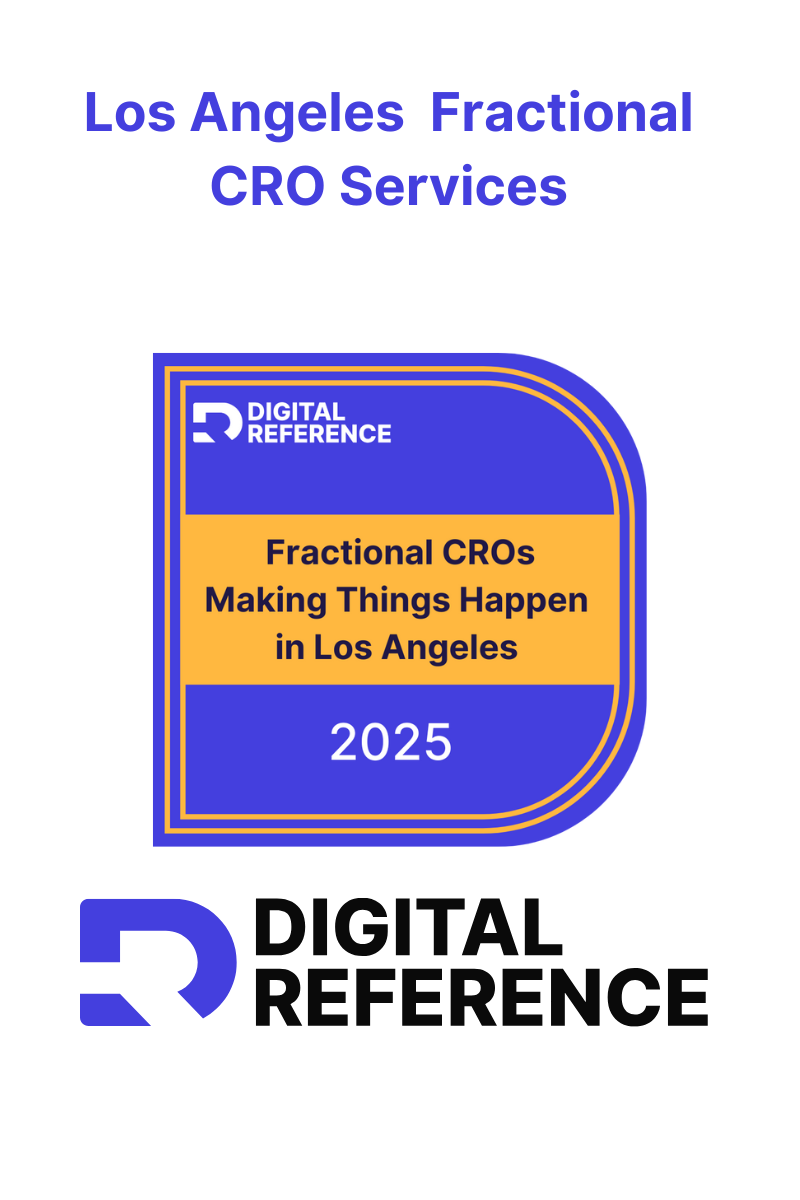
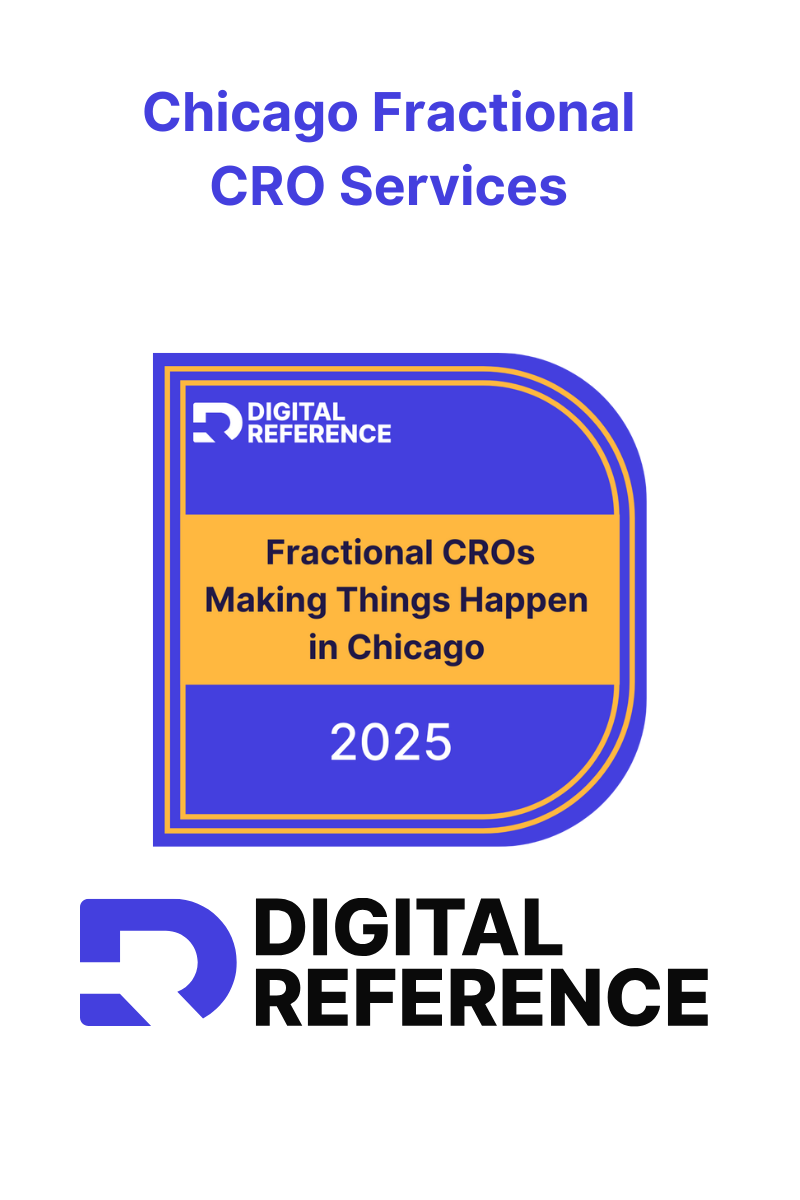
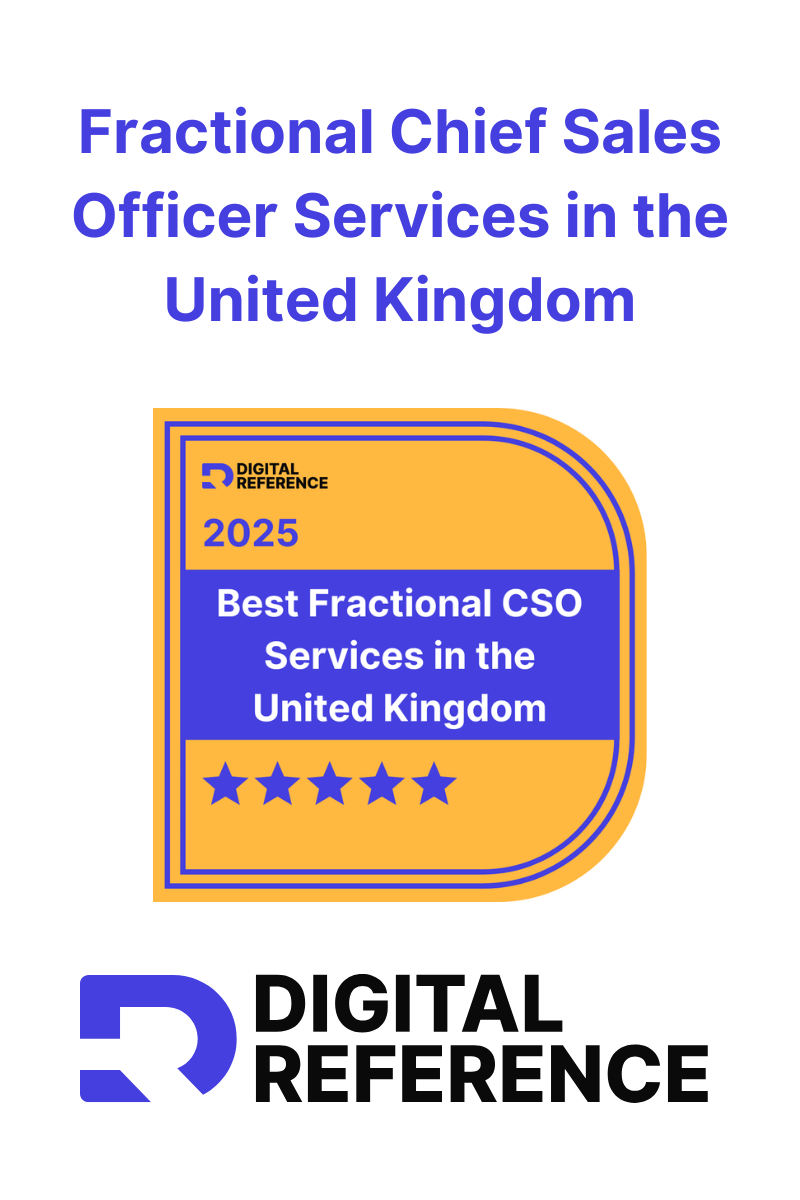
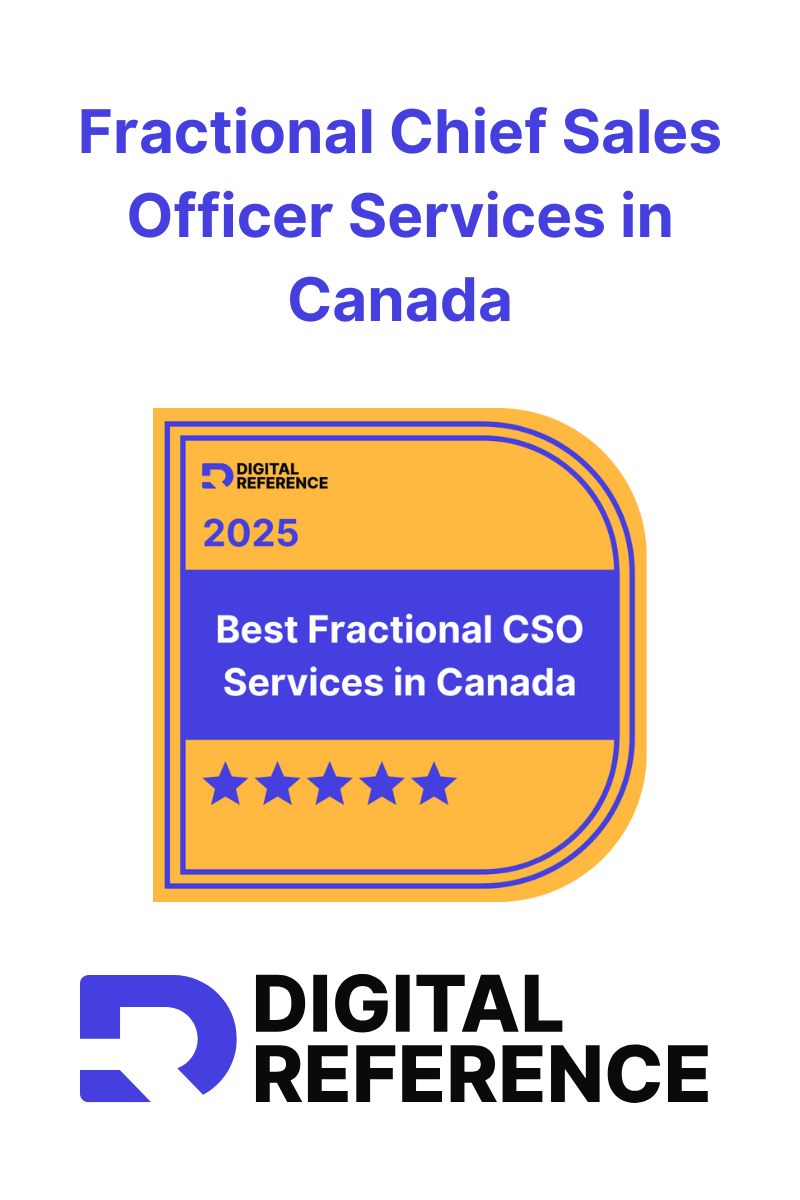

.png)




.png)







